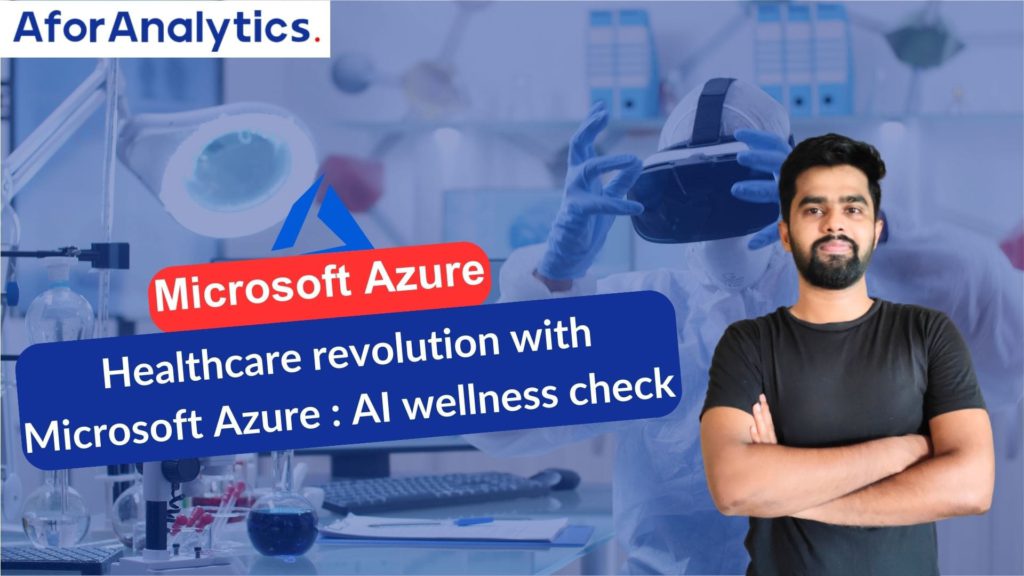
Introduction:
The healthcare industry has witnessed an unprecedented transformation driven by technological advancements in recent years. With its powerful cloud computing capabilities and artificial intelligence (AI) tools, Microsoft Azure is at the forefront of this healthcare revolution.
By leveraging the potential of Microsoft Azure, healthcare providers can deliver personalized care and optimize wellness management through AI-powered wellness checks.
In this blog post, we will delve deeper into the remarkable potential of Microsoft Azure in transforming healthcare through AI-driven wellness checks.
Integration of Azure OpenAI Service with Epic's EHR Software
1. Azure OpenAI Service and Epic's EHR software:
In April 2023, Epic, a leading electronic health records provider, utilized Azure OpenAI Service to integrate AI and large language model tools into its electronic health record software.
2. Epic's market dominance:
Epic holds the largest market share of acute care hospitals in the United States, with approximately 2,130 hospitals globally using its medical records software.
3. The scale of Epic's electronic records:
Epic’s electronic record system currently serves over 305 million patients, highlighting its widespread adoption and impact in the healthcare industry.
4. Drafting message responses:
As part of the integration, a tool was developed to automatically draft message responses. This feature is already being implemented at UC San Diego Health, UW Health in Madison, Wisconsin, and Stanford Health Care, enhancing communication efficiency within these healthcare organizations.
The Influence of AI on the Future of Healthcare
AI (Artificial Intelligence) is revolutionizing the healthcare industry, paving the way for advancements and improvements in patient care, drug discovery, medical imaging analysis, clinical decision support, and data management.
1. Accelerating Drug Discovery:
- The process of discovering and developing new drugs is time-consuming and expensive. AI, specifically machine learning, can expedite drug development by utilizing computational modeling.
- Machine learning algorithms can analyze vast amounts of data and predict molecular properties, enabling researchers to prioritize and synthesize the most promising drug molecules.
- This approach significantly reduces the time required to produce effective drugs that combat illnesses.
2. Enhancing Medical Imaging Analysis:
- Medical imaging is critical for diagnosis, treatment planning, and disease monitoring. AI, in collaboration with Microsoft Research’s Project InnerEye, is developing machine learning models and open-source software to empower healthcare organizations and clinicians.
- For example, Project InnerEye’s Azure-based medical AI tool called OSAIRIS reduces the waiting time for radiotherapy treatment in cancer patients. The tool helps specialists plan treatments faster, improving outcomes and increasing access to timely care.
3. Supporting Pathologists Globally:
- PathPresenter, in collaboration with Microsoft, aims to streamline digital workflows for pathologists worldwide.
- Microsoft Azure offers scalable solutions in digital pathology, enabling interoperability between scanners, image management software, AI models, and hospital infrastructure.
- This integration reduces the reporting burden on pathologists, accelerates the adoption of digital workflows, and ultimately benefits patients and society.
4. Equipping Clinicians with Medical Imaging AI:
- AI has the potential to revolutionize medical imaging by providing faster and more accurate analysis of imaging data.
- Partnerships between Nuance, Microsoft, and NVIDIA focus on simplifying the integration of AI models into existing clinical applications
- This collaboration allows for the seamless integration of imaging AI, improving patient care without disrupting existing workflows or IT systems.
5. Improving COVID-19 Clinical Decision Support:
- Providence, a healthcare system, used Microsoft Azure Health Bot service to create an AI-based tool to triage and answer COVID-19-related questions from patients.
- This AI tool freed up healthcare providers to focus on patients requiring immediate attention.
- The success of this AI tool led to its adoption by healthcare providers, CDC, NGOs, and international health authorities.
6. Scalable Data Storage:
- Healthcare providers, like Health First, leverage Azure Synapse Analytics and Power BI to enhance data storage and processing capabilities.
- By implementing these technologies, Health First experienced significant improvements in workload processing times, enabling employees to focus on data-driven decision-making for patient care and operational decisions.
As the use of AI in healthcare evolves, we can anticipate even more advancements in handling complex cases, discovering solutions to healthcare challenges, and improving overall patient outcomes. Microsoft’s innovative initiatives in this field highlight the immense potential of AI in transforming healthcare. Together, we can accelerate drug discoveries, enhance medical imaging analysis, improve clinical decision-making, and scale operations to better support healthcare providers in delivering optimal care.
The Power of Microsoft Azure in Healthcare:
- Microsoft Azure, a comprehensive cloud computing platform, provides healthcare organizations with a solid foundation to build and deploy innovative solutions. With its scalable infrastructure and wide range of services and tools, Azure enables healthcare providers to harness the power of AI and make significant advancements in patient care, operational efficiency, and research and development.
AI-Enabled Wellness Checks:
- AI-enabled wellness checks represent an exciting application of Microsoft Azure in the healthcare domain. By leveraging AI algorithms, data analytics, and machine learning, healthcare providers can perform comprehensive wellness assessments that facilitate early detection of potential health issues and enable proactive interventions.
Let’s delve into an example to better understand the impact of AI wellness checks. Consider a diabetic patient undergoing a wellness check using Microsoft Azure. By leveraging Azure’s AI capabilities, the healthcare provider can analyze the patient’s historical health data, including blood glucose levels, medication adherence, and lifestyle patterns. AI algorithms can identify trends, detect anomalies, and generate personalized recommendations to effectively manage the patient’s condition. This proactive approach not only helps prevent complications but also improves treatment outcomes, leading to enhanced overall well-being.
Real-World Applications and Success Stories:
The adoption of Microsoft Azure in healthcare has already showcased promising results across various applications:
1. Remote Patient Monitoring:
- Azure-powered solutions enable remote monitoring of patients, allowing healthcare providers to track vital signs, medication adherence, and other relevant health data. This proactive approach ensures continuous care, reduces the need for hospital visits, and enhances patient convenience.
2. Disease Diagnosis and Treatment:
- AI algorithms running on Azure can analyze medical images, such as X-rays, MRIs, and CT scans, to assist in accurate disease diagnosis. This technology helps radiologists detect abnormalities more efficiently, leading to faster diagnosis and the development of targeted treatment plans.
3. Drug Discovery and Genomics:
- Microsoft Azure’s powerful computing capabilities facilitate the analysis of vast genomic data sets, accelerating the discovery of new drugs and treatment options. This has the potential to revolutionize personalized medicine, improve treatment efficacy, and pave the way for precision medicine approaches tailored to individual patients.
Conclusion:
- The integration of Microsoft Azure and artificial intelligence is driving a remarkable transformation in the healthcare industry.
- AI-powered wellness checks offered by Azure empower healthcare providers to deliver personalized, proactive care, leading to improved patient outcomes and enhanced operational efficiency.
- As technology continues to evolve, we can expect even greater advancements in healthcare, fueled by the collaborative efforts of healthcare professionals and powerful platforms like Microsoft Azure.
- Embracing this healthcare revolution will undoubtedly lead to a healthier and more connected world, transforming the way we approach healthcare delivery and wellness management.

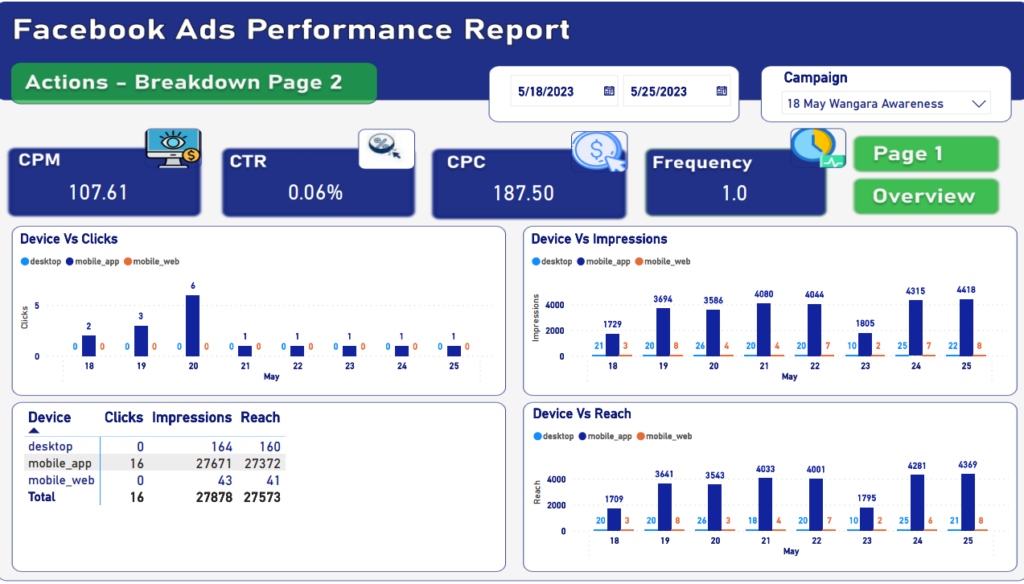
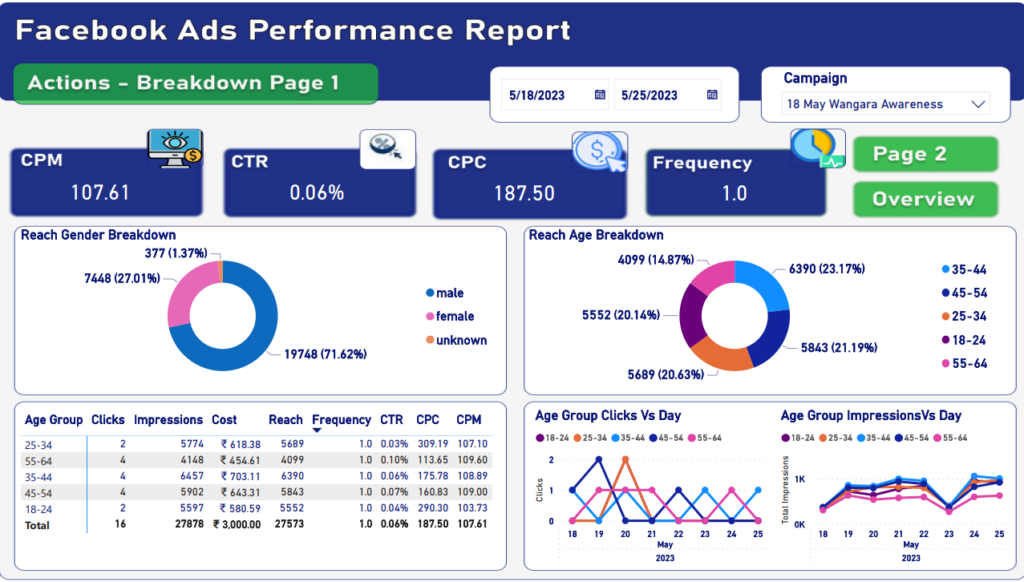
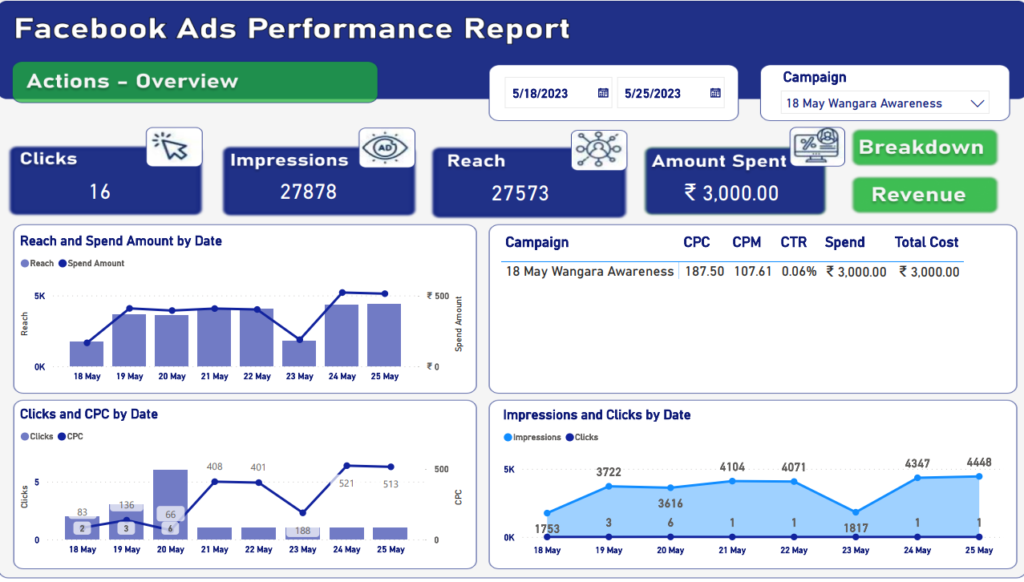
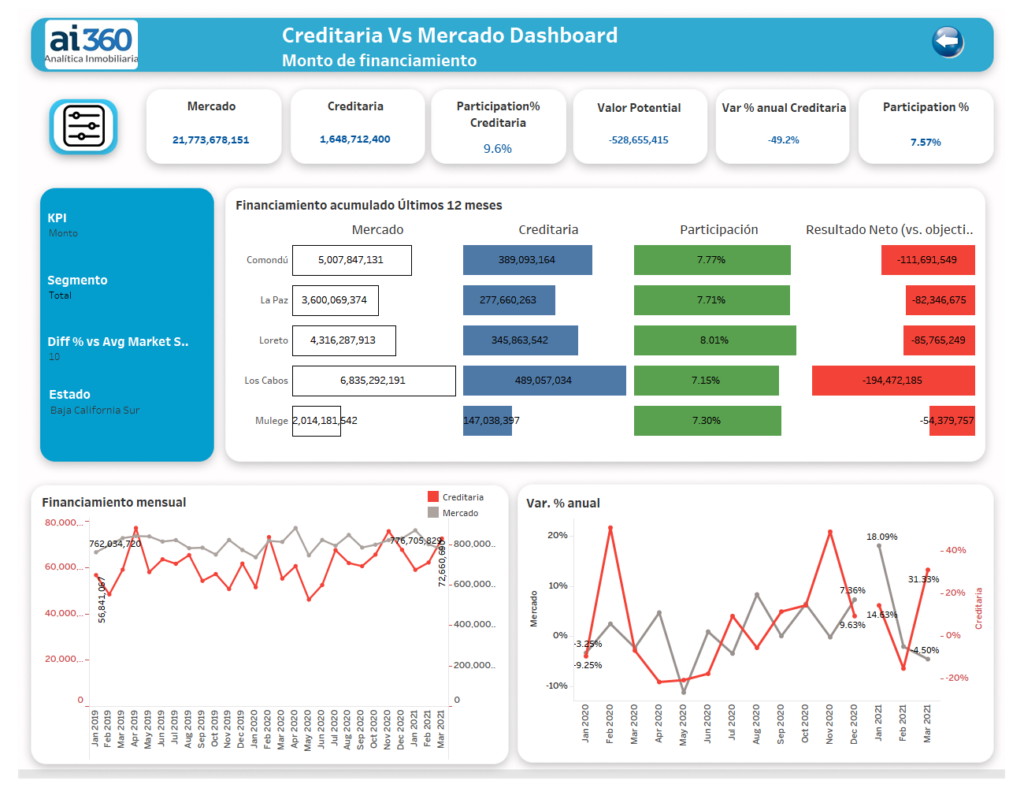
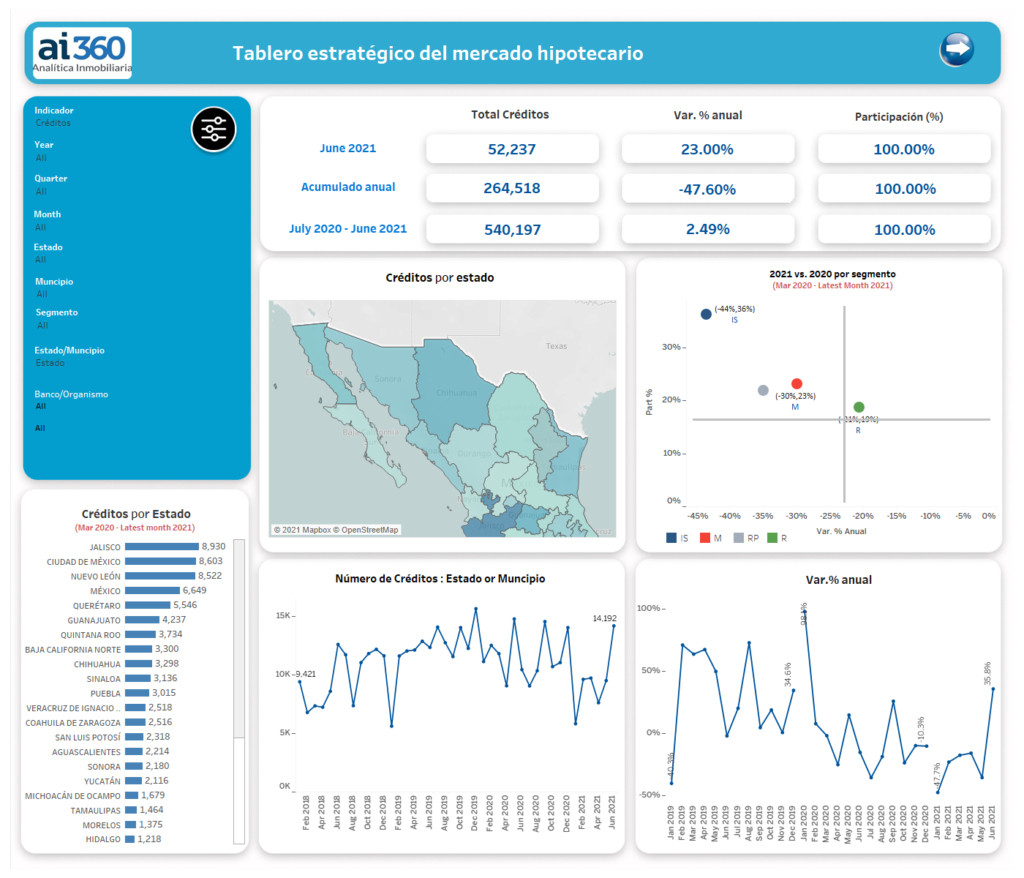
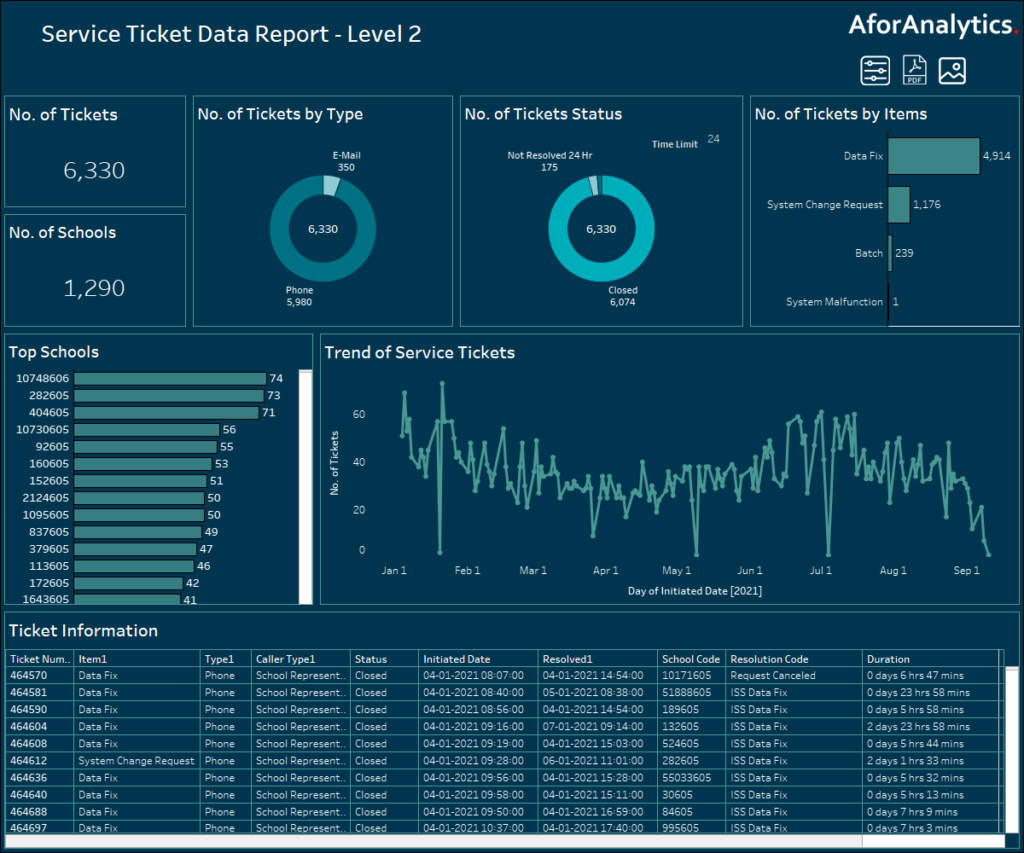
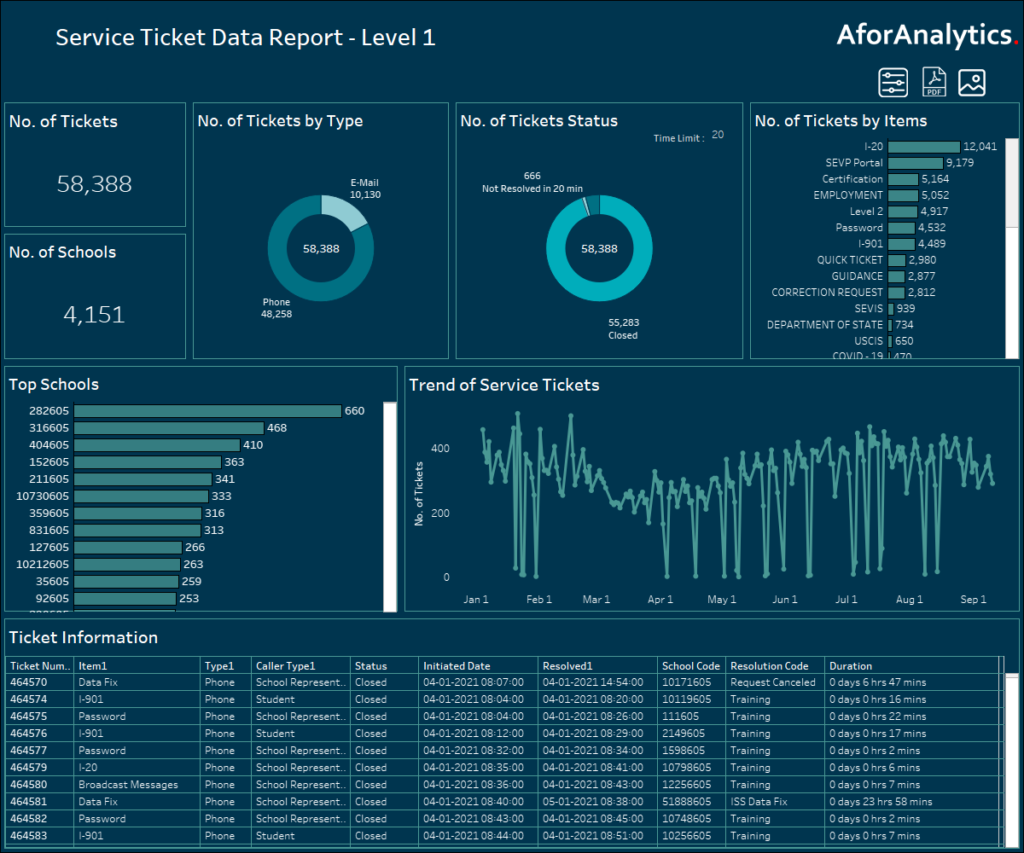
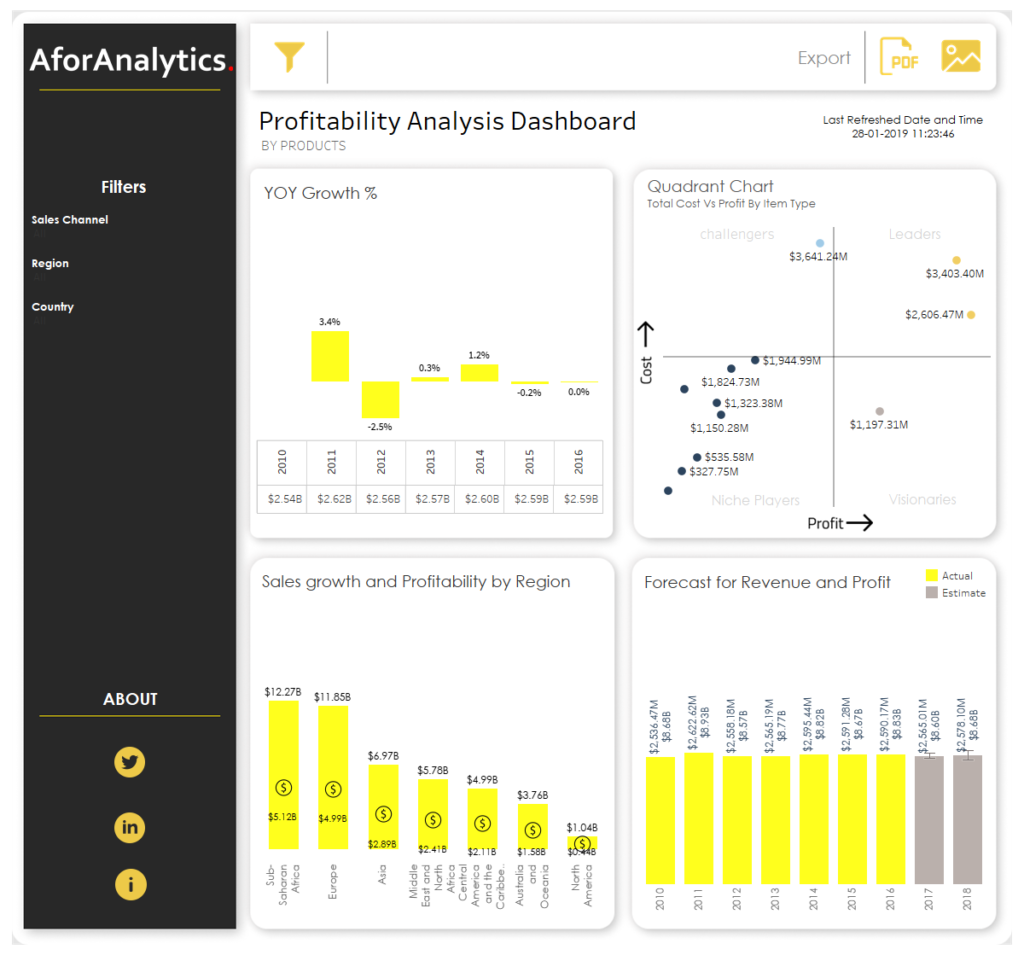
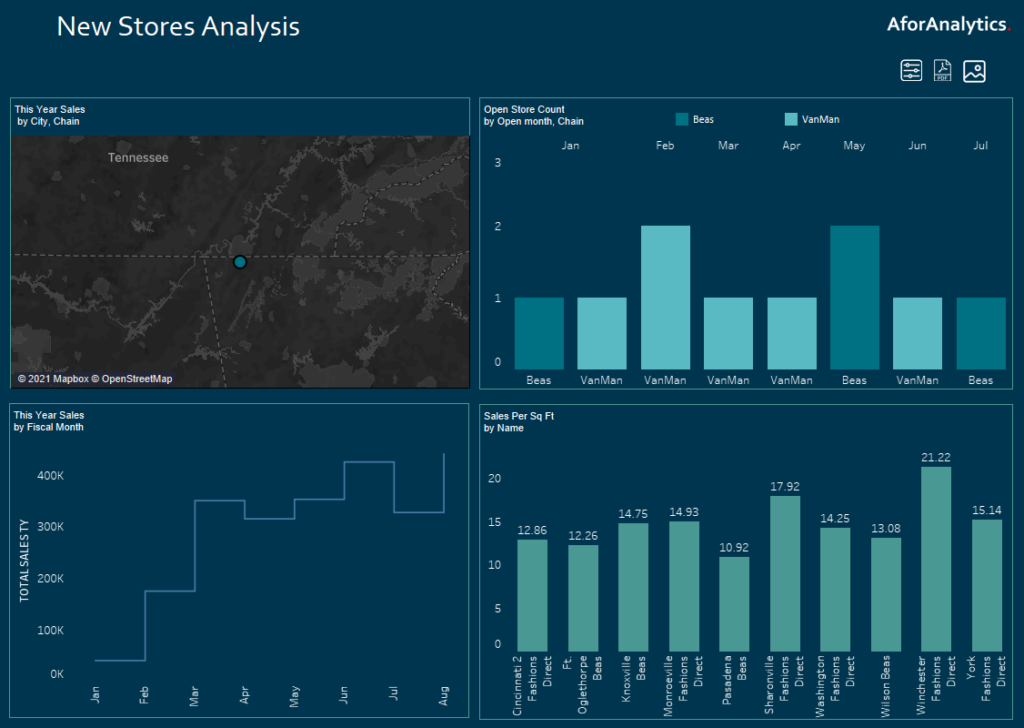
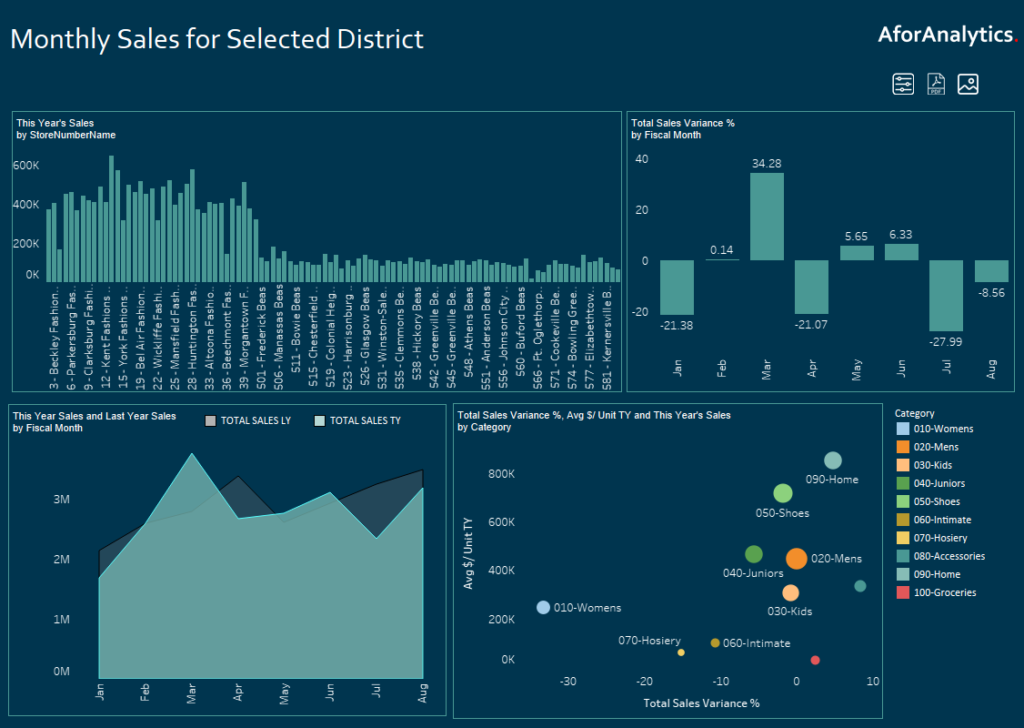
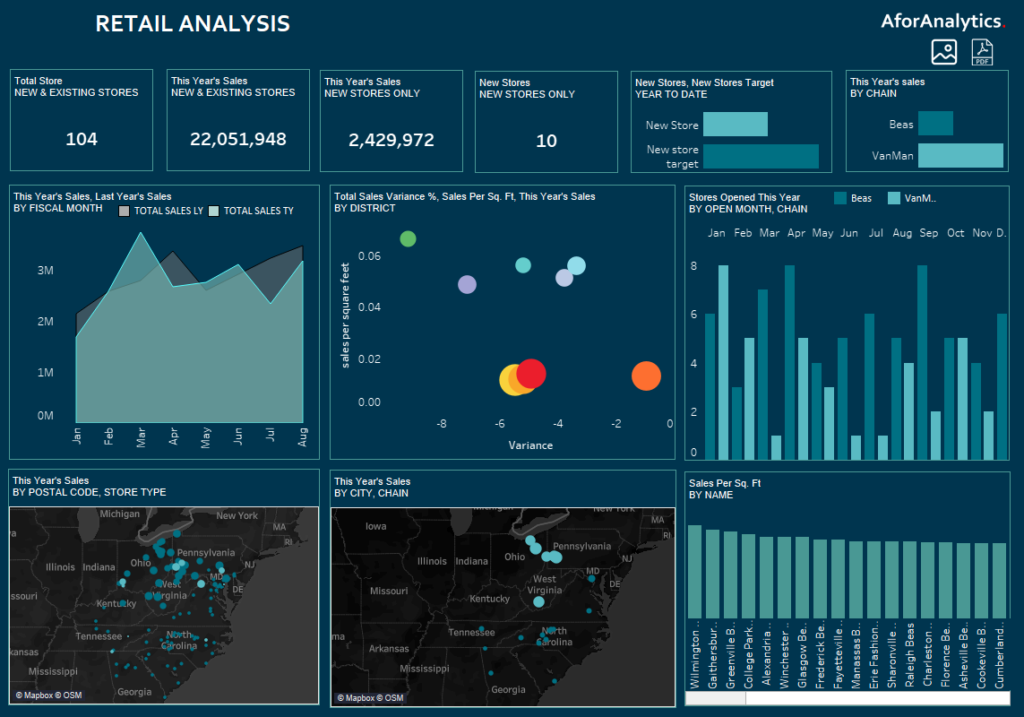
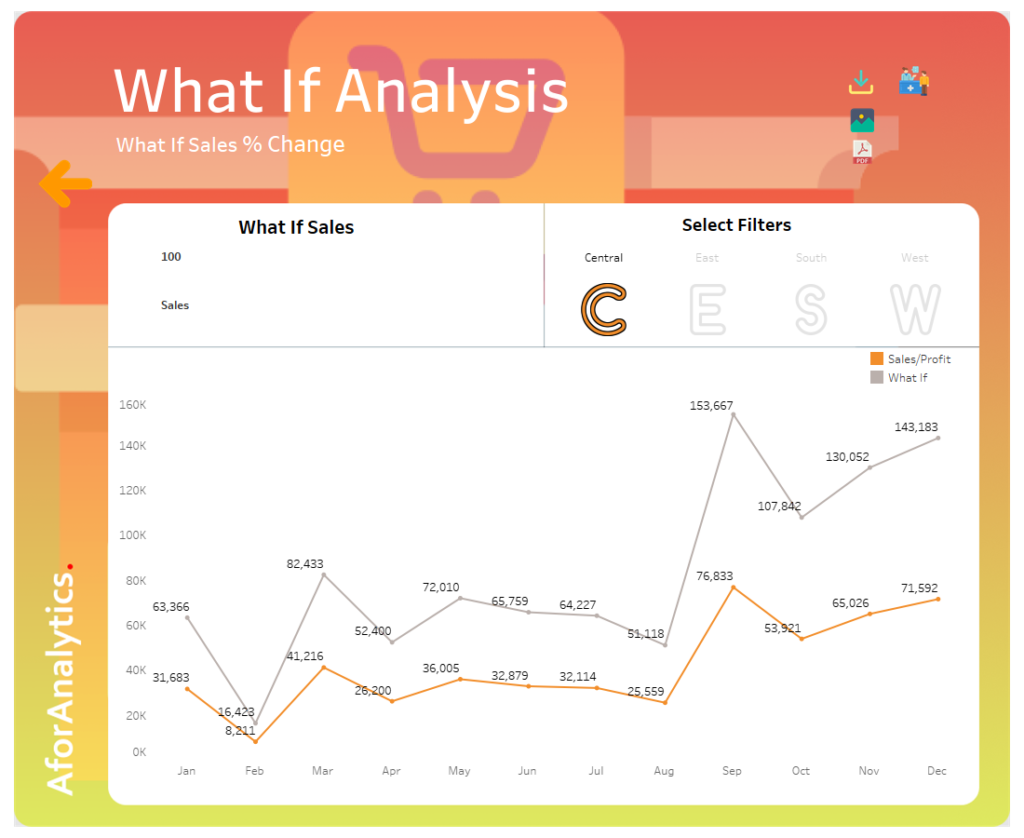
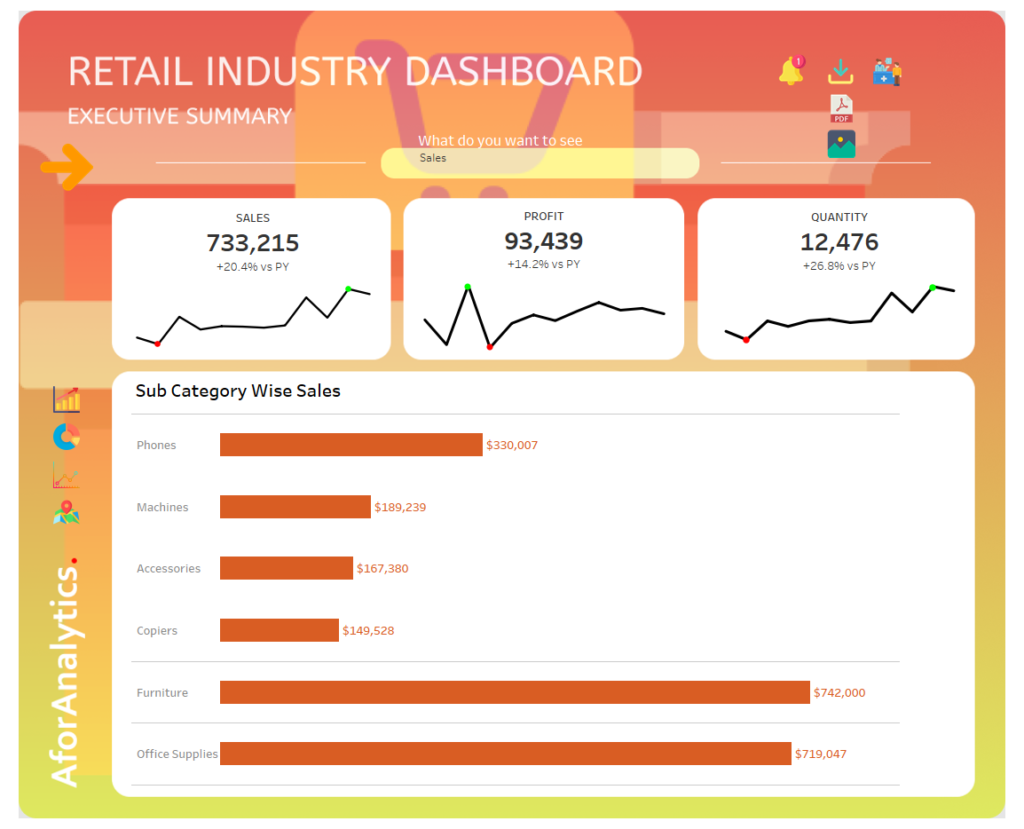
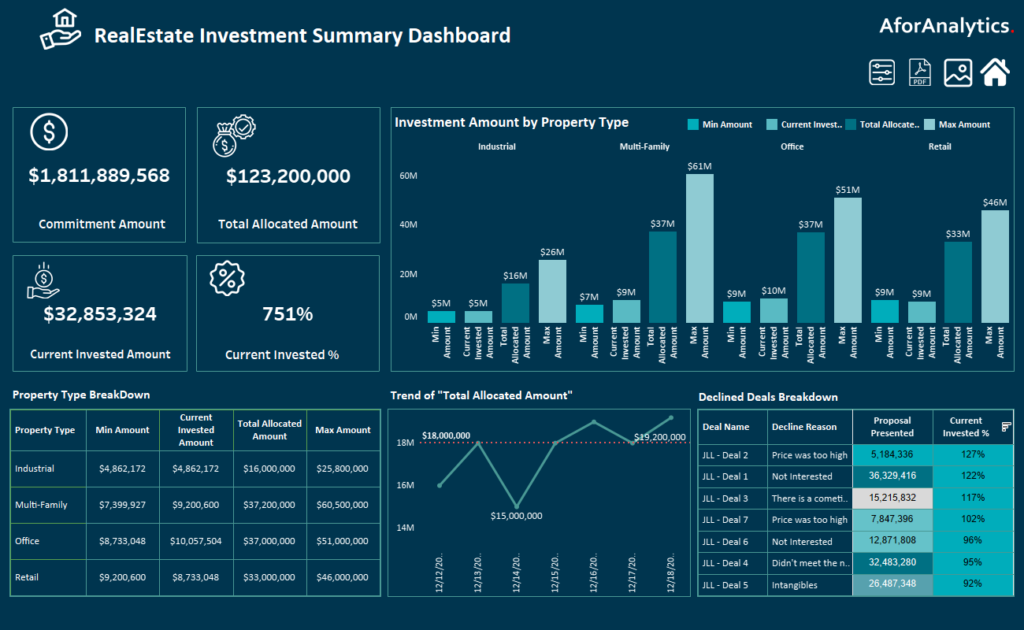

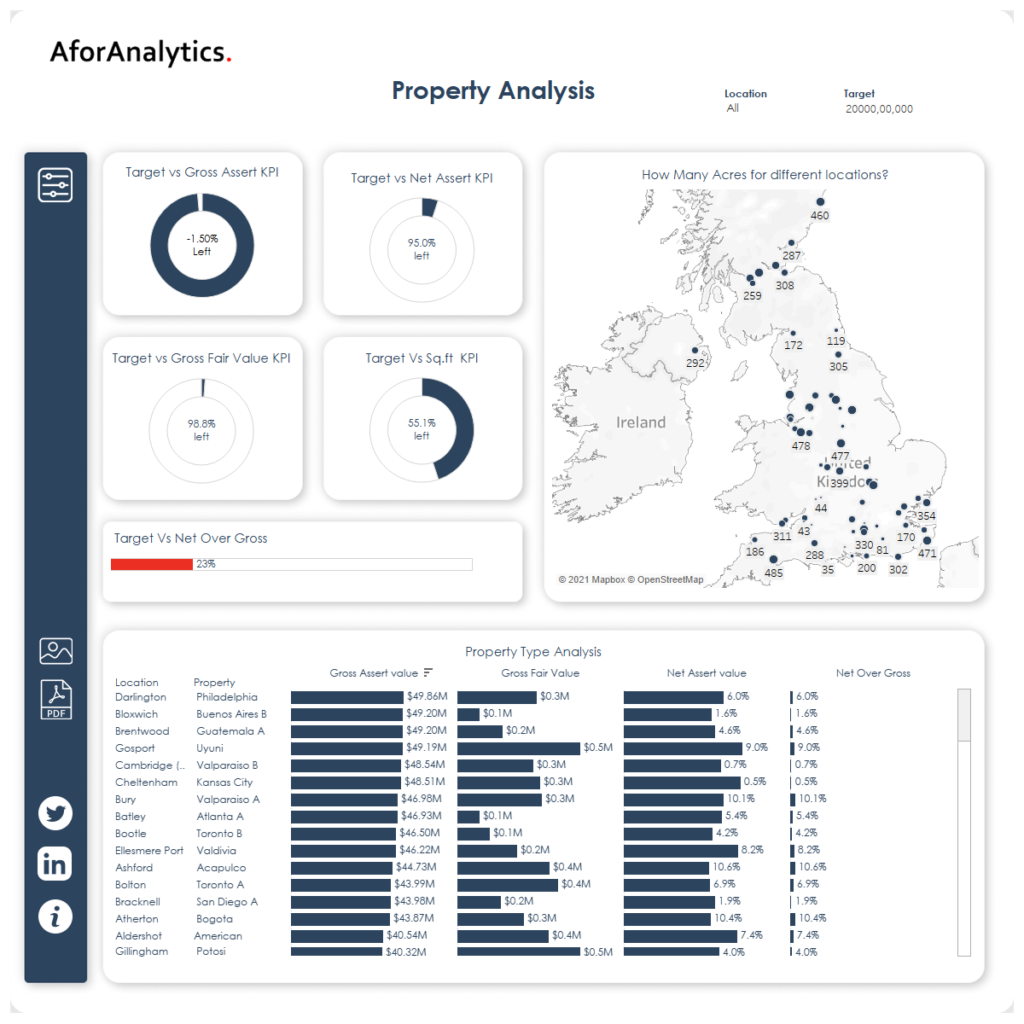
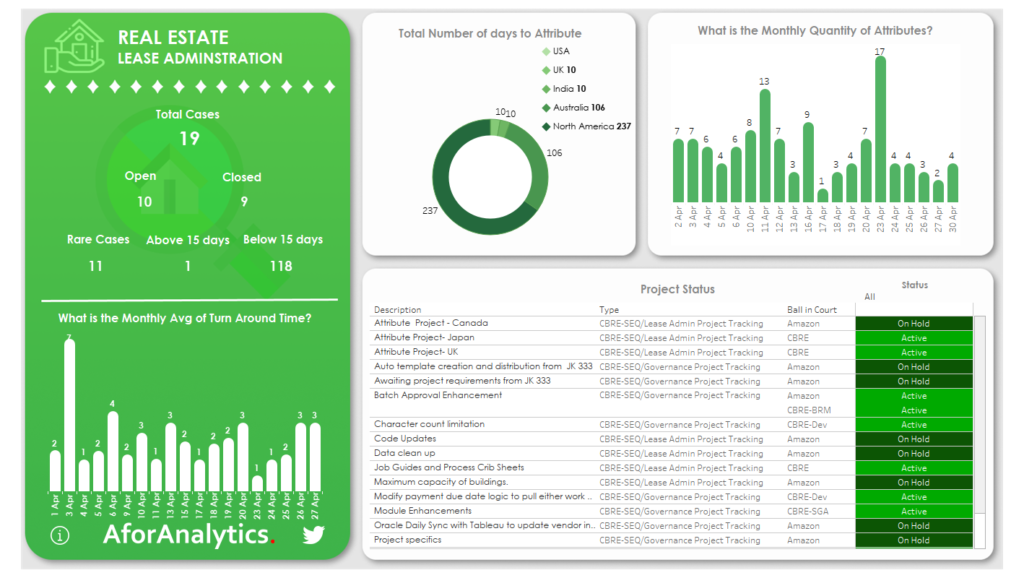
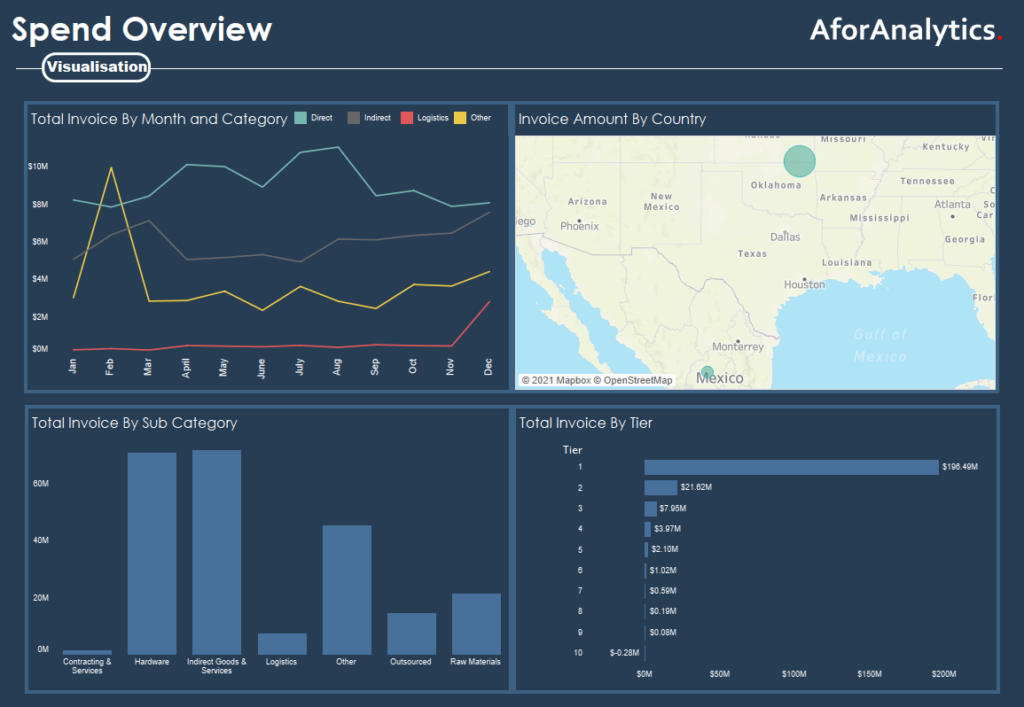
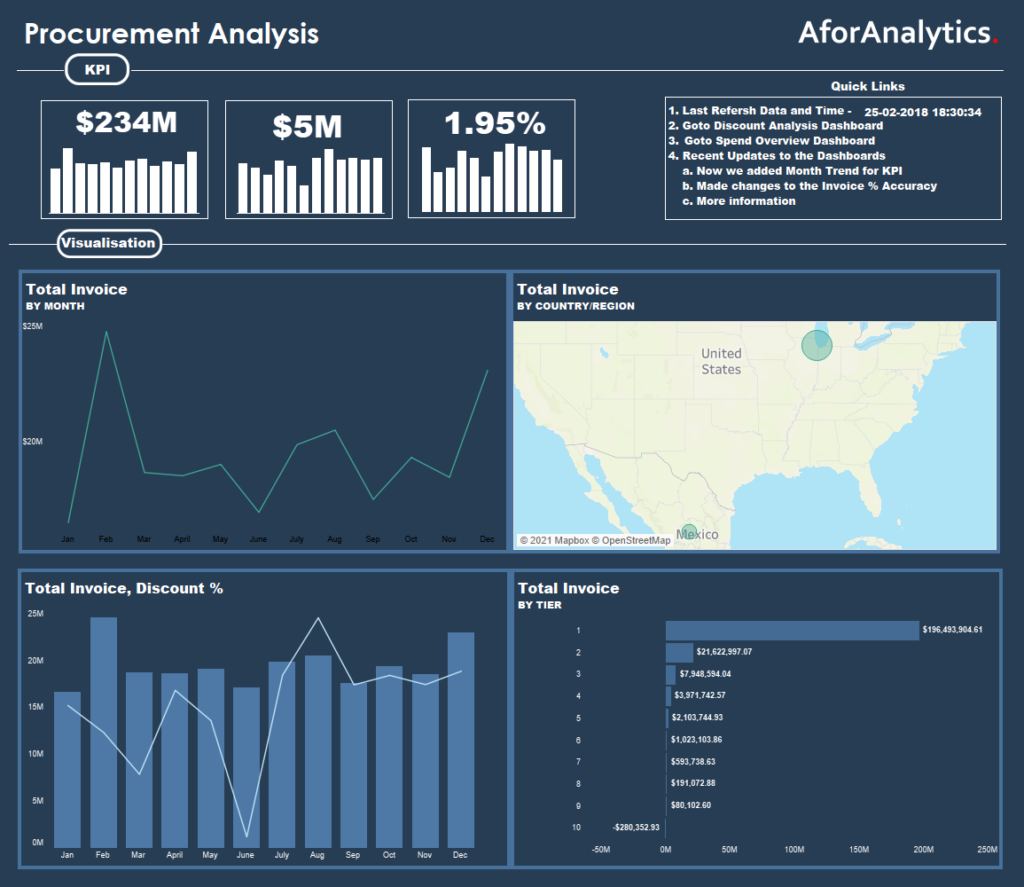

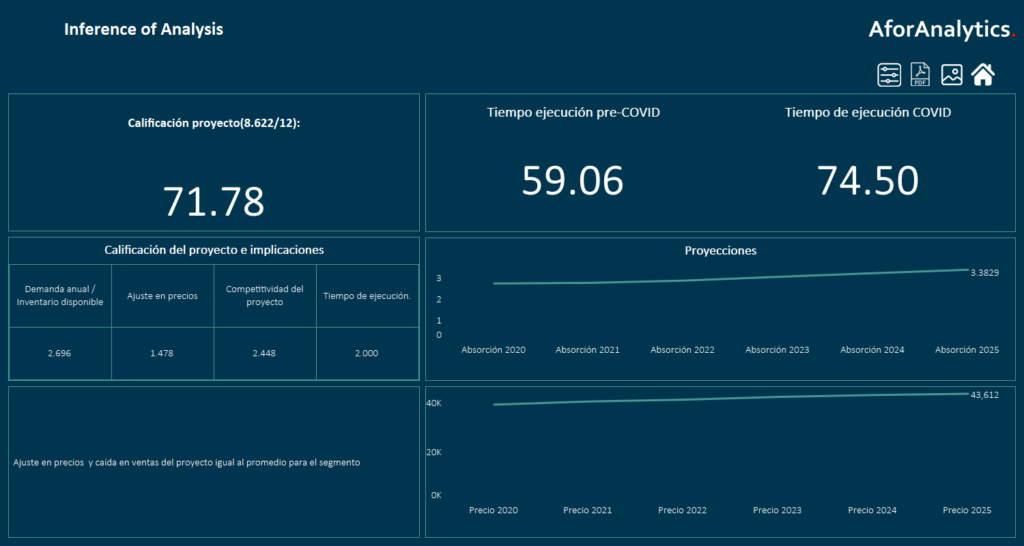
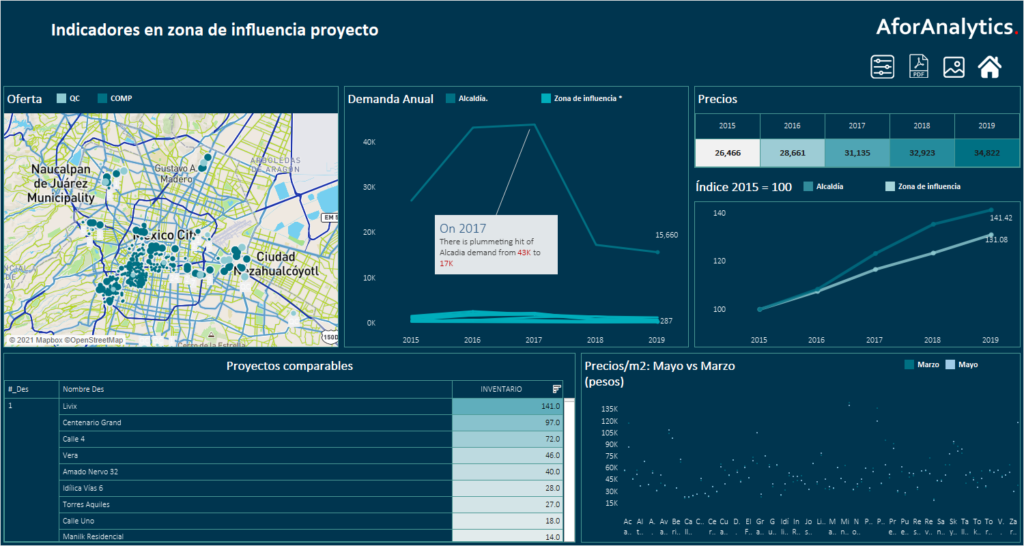
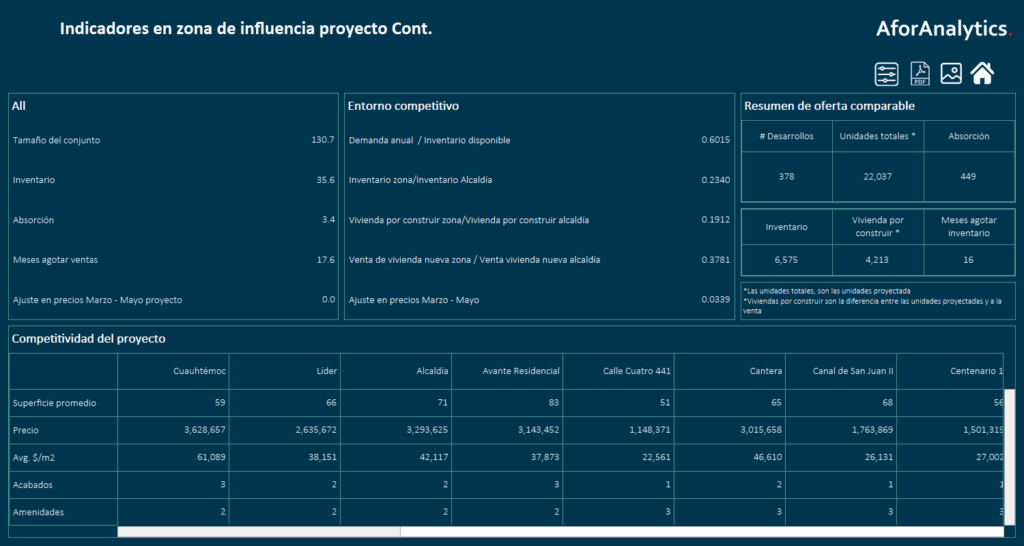
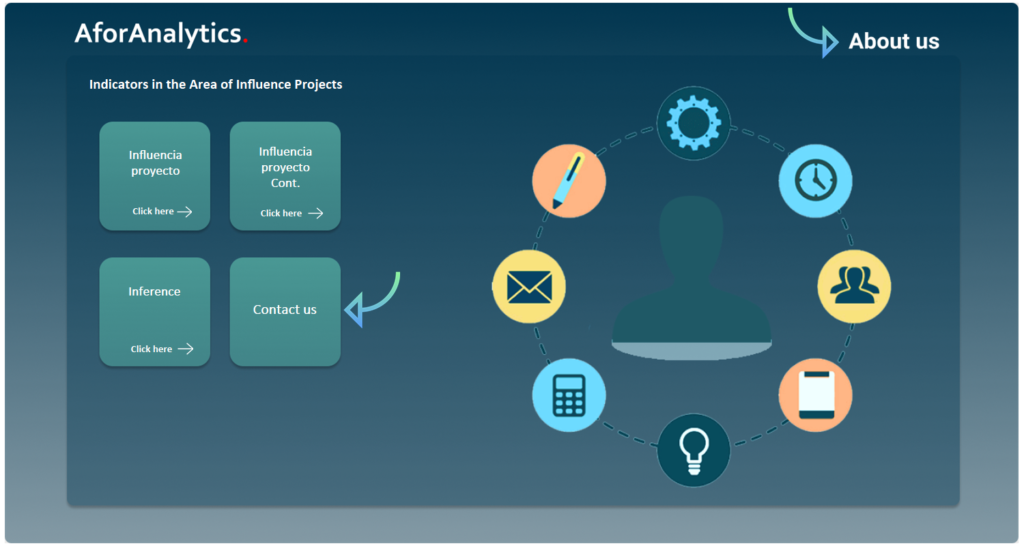
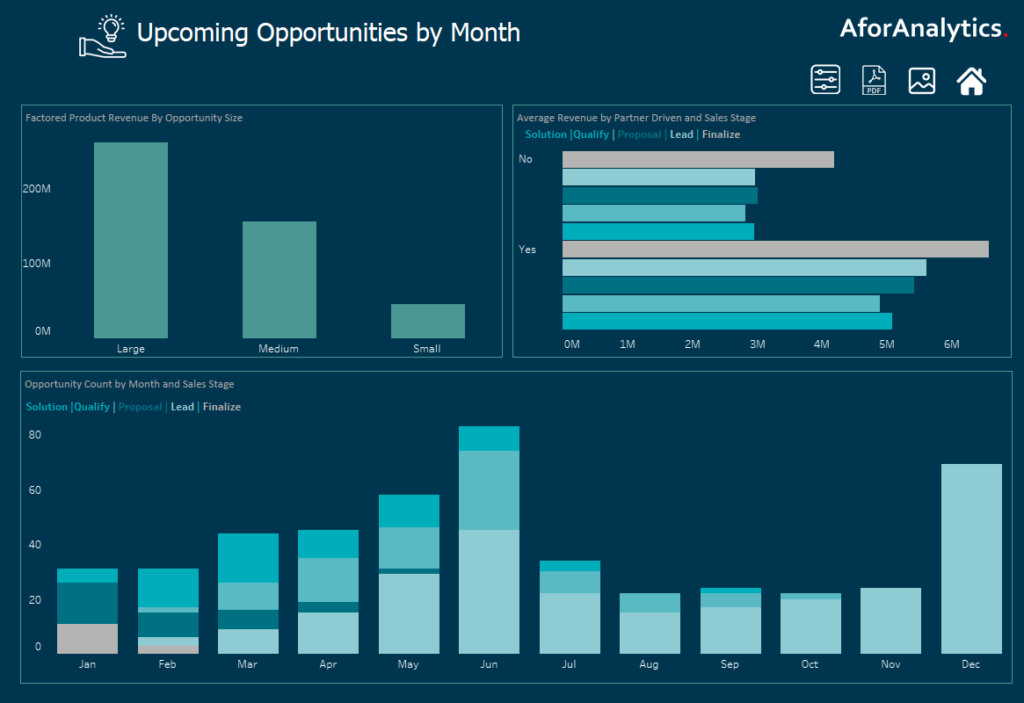
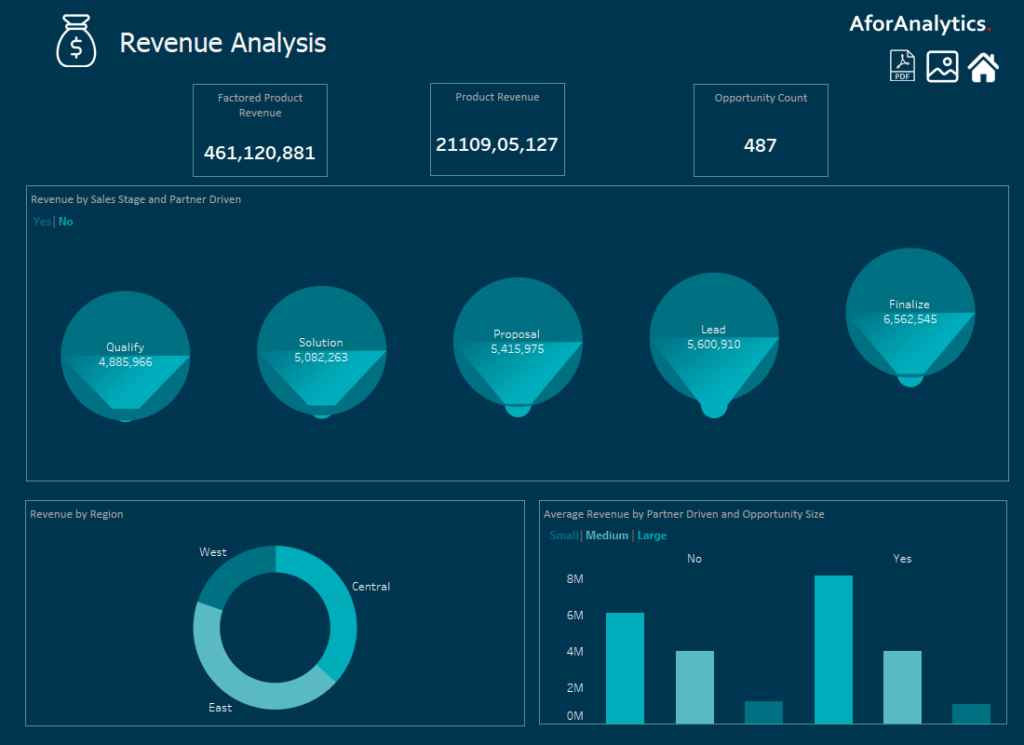
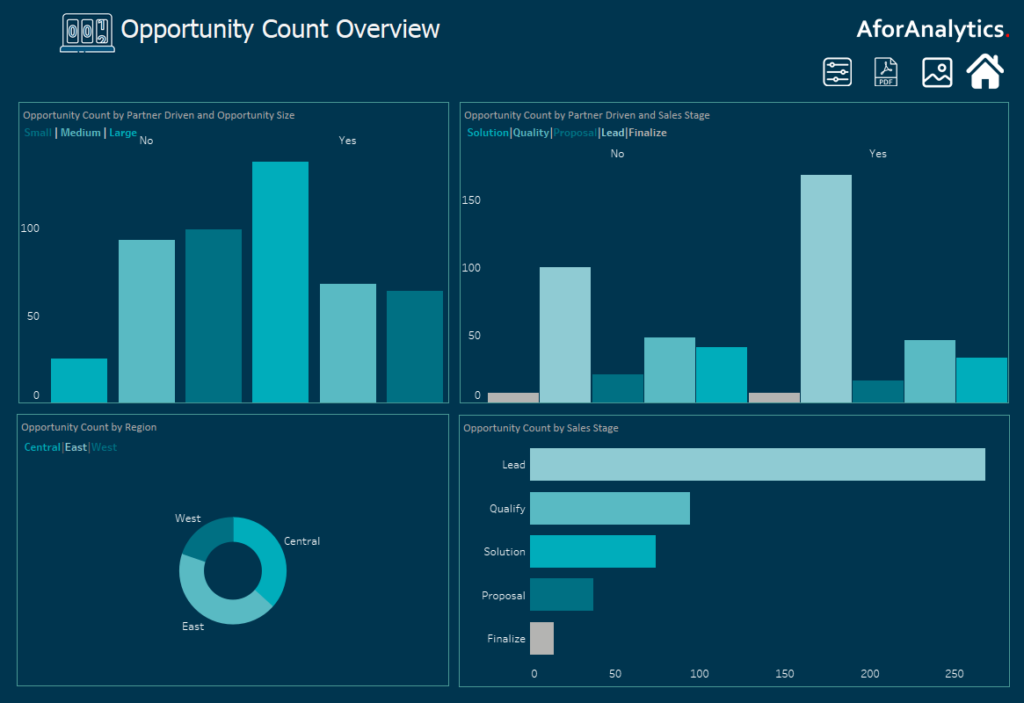
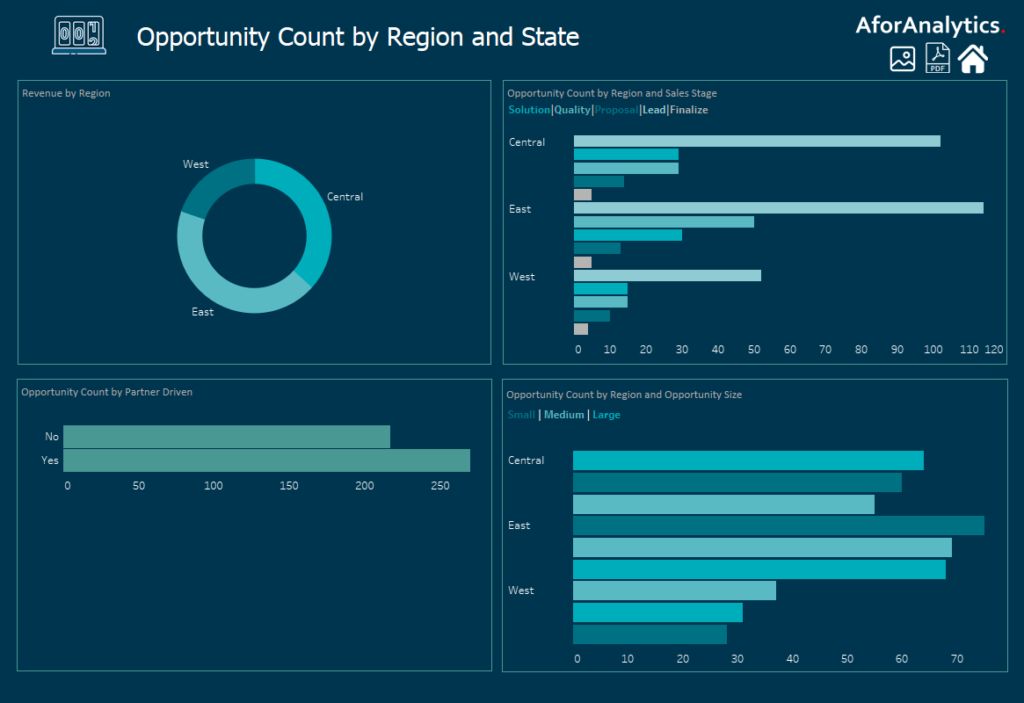
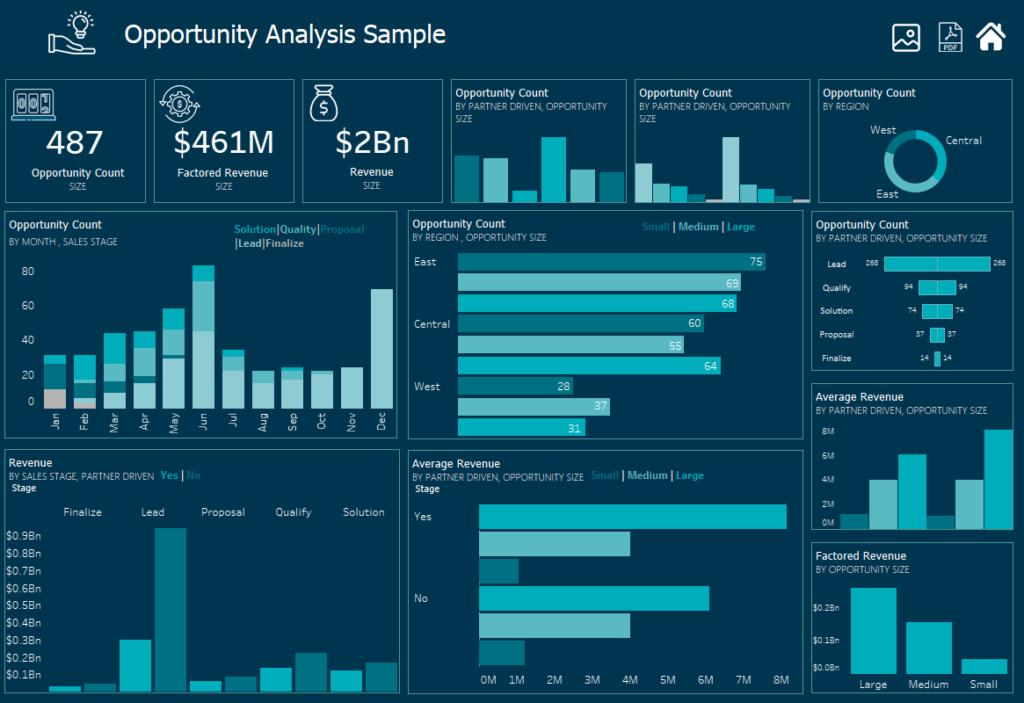
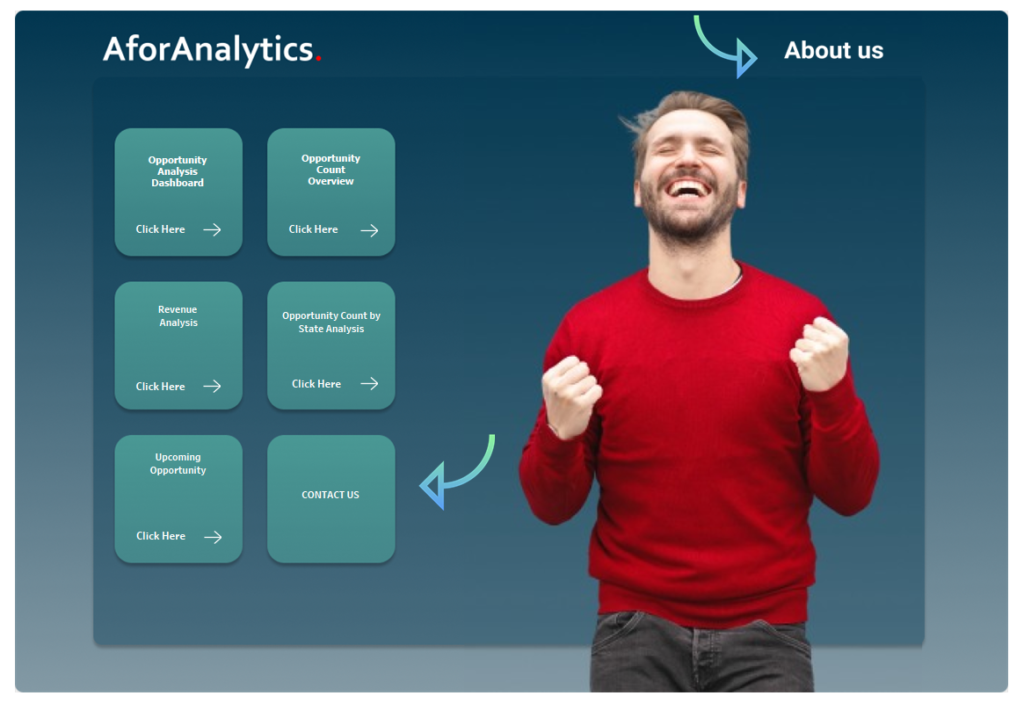
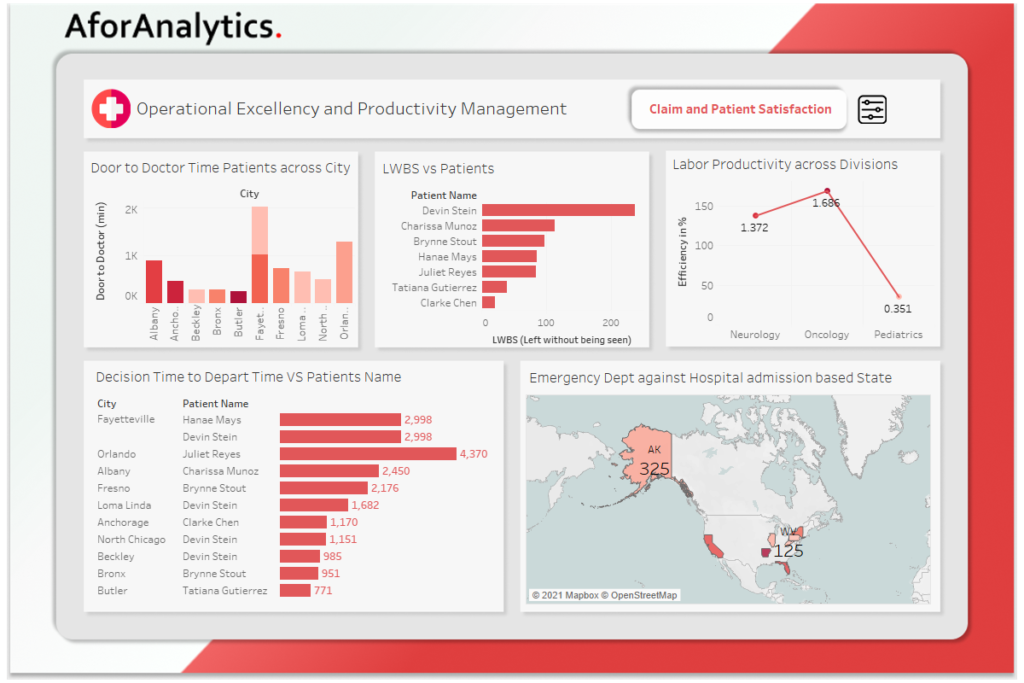
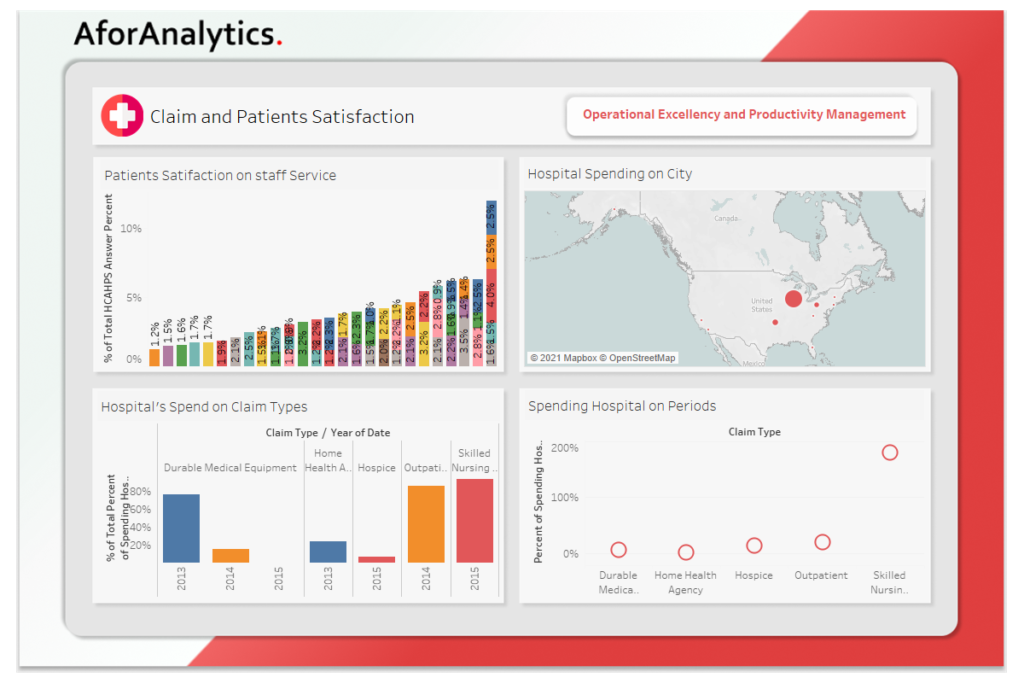
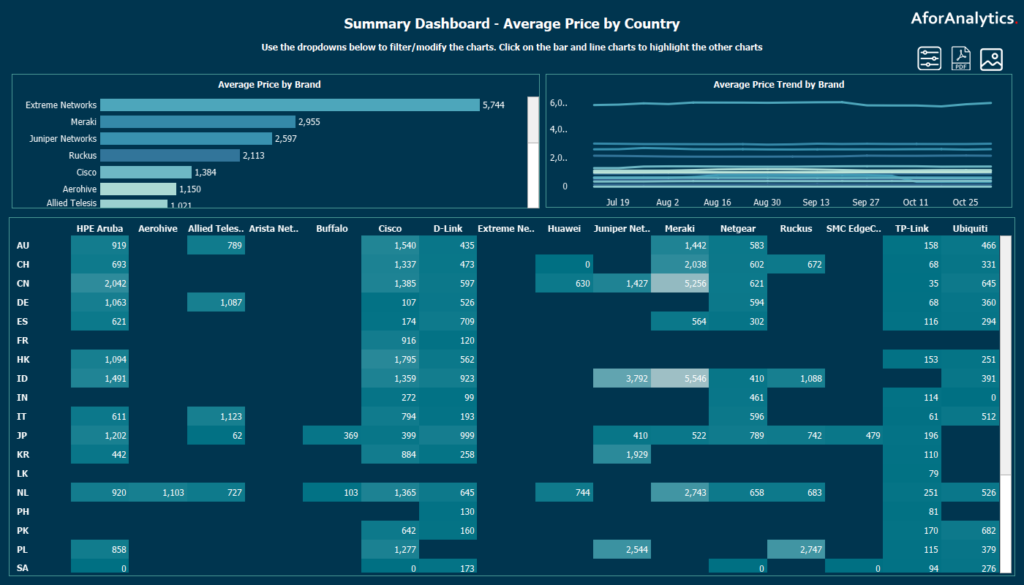
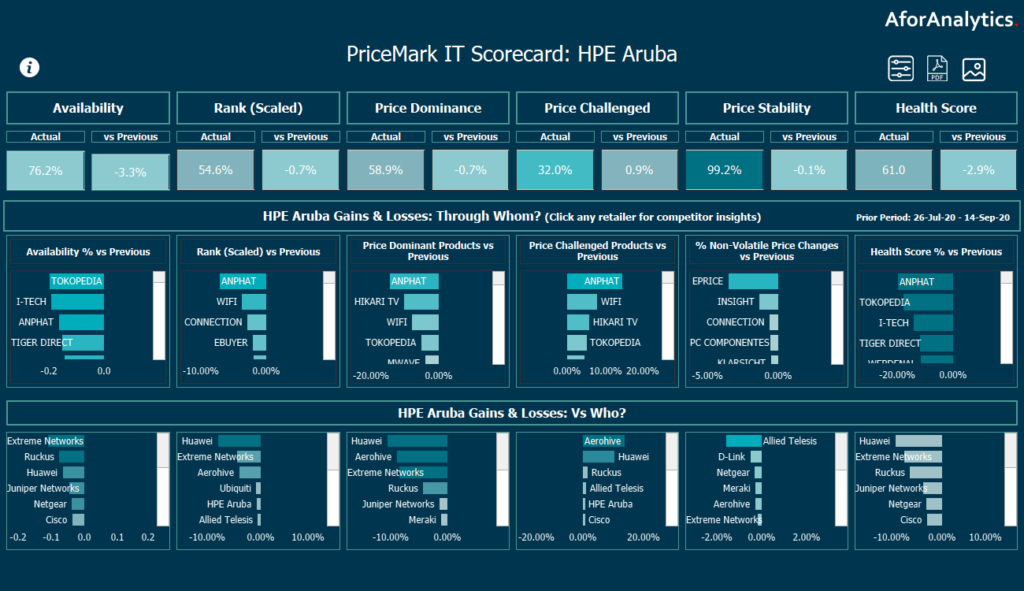
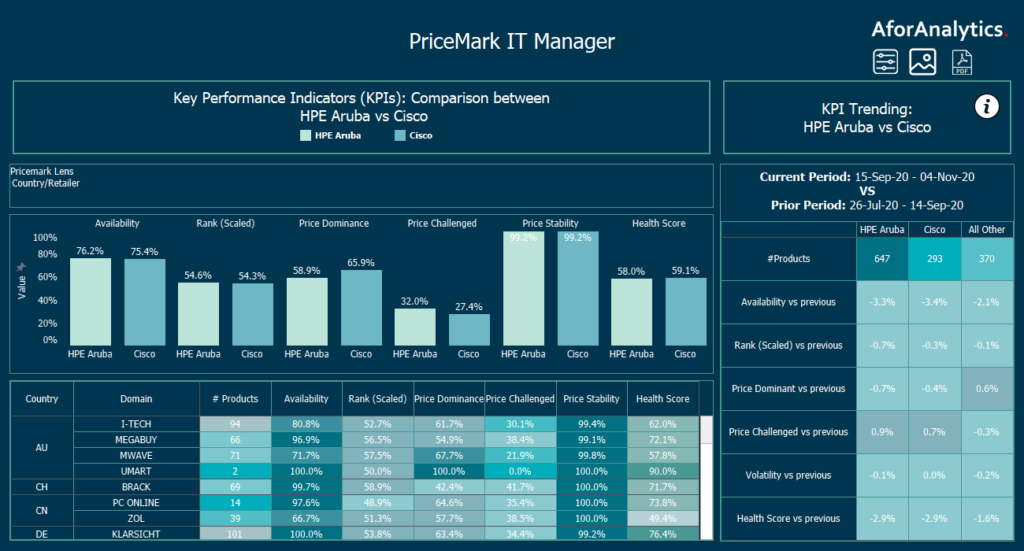
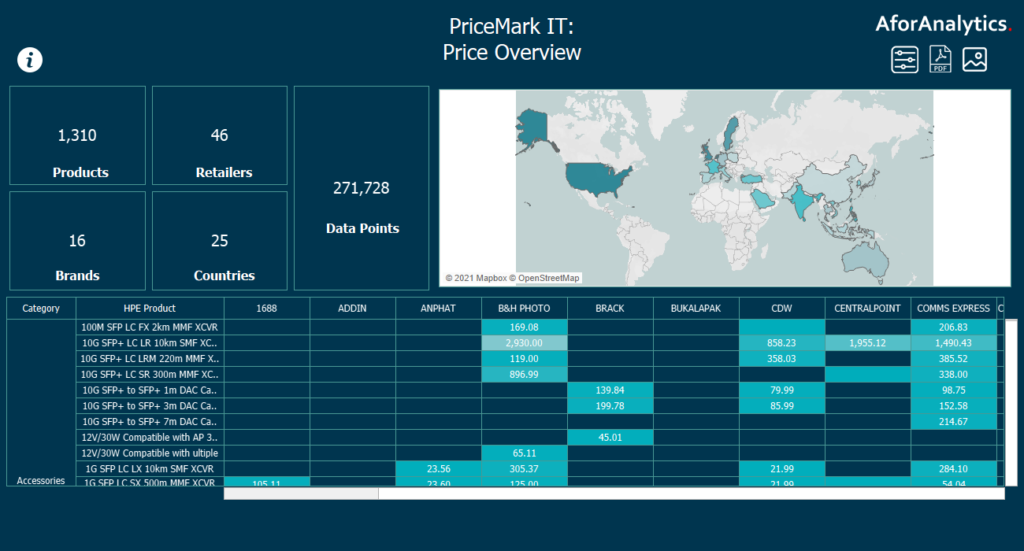
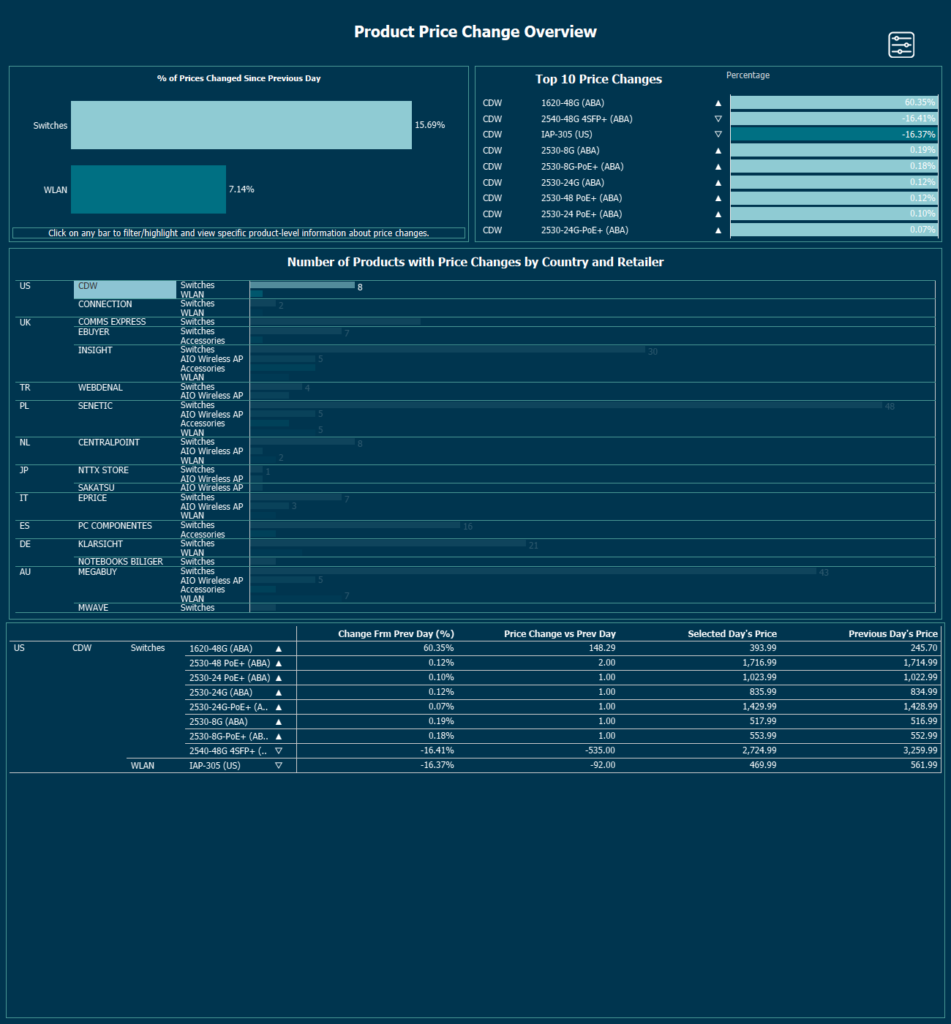
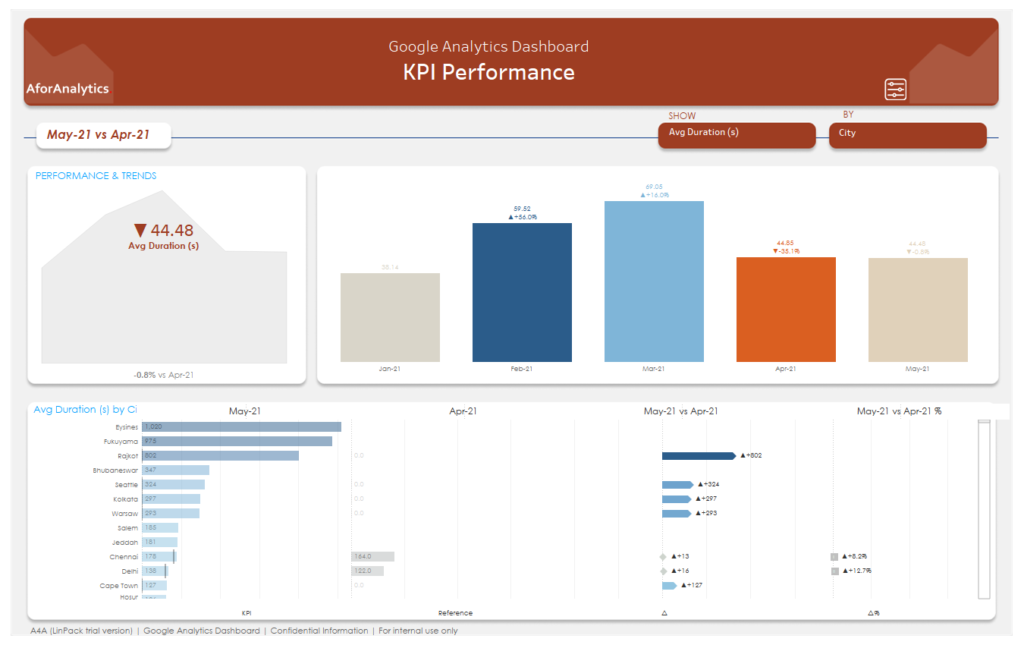
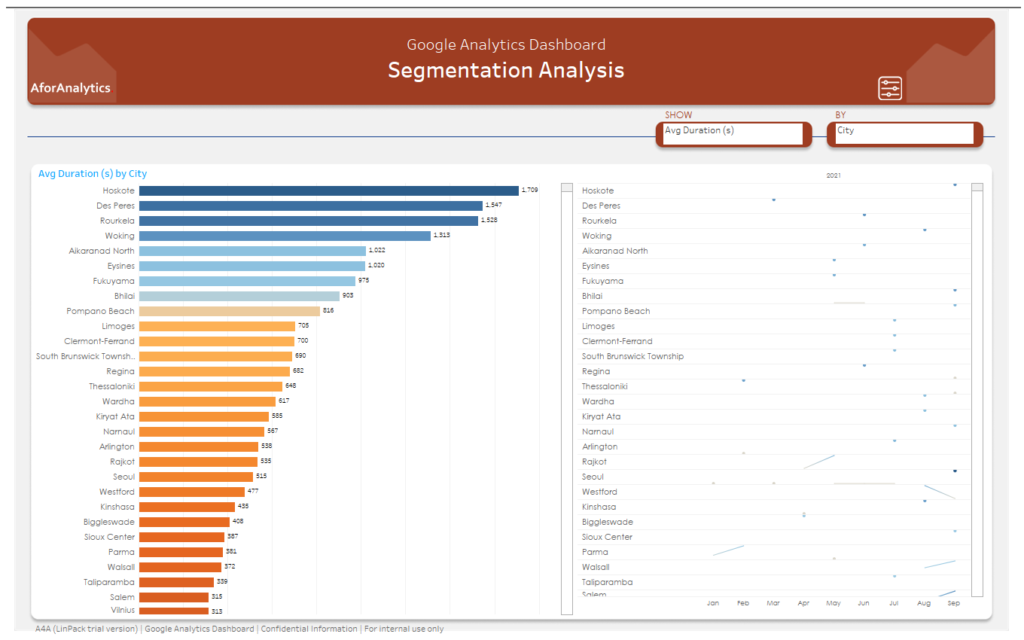
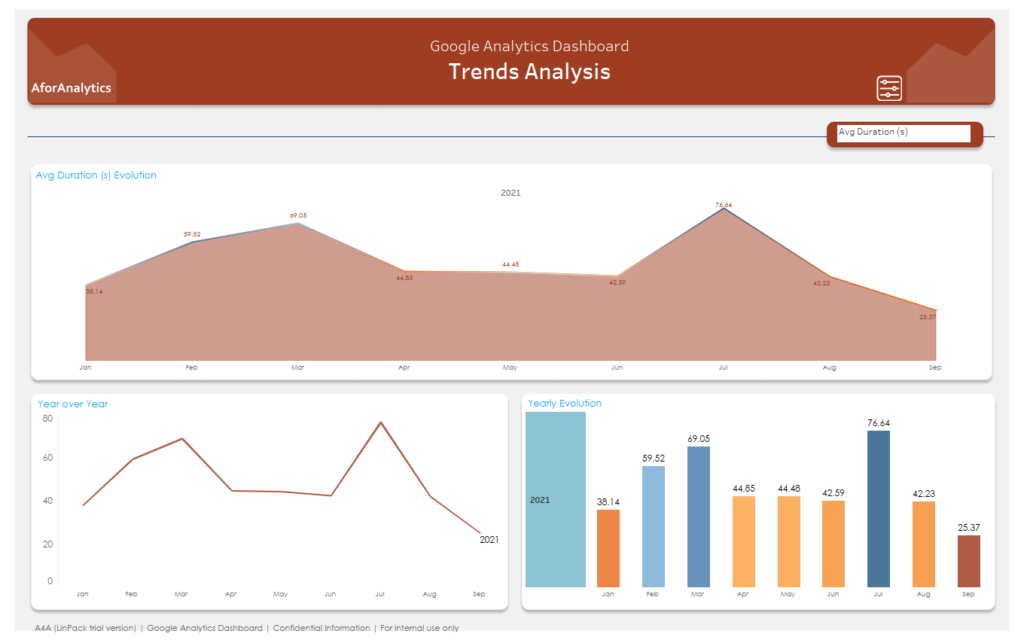
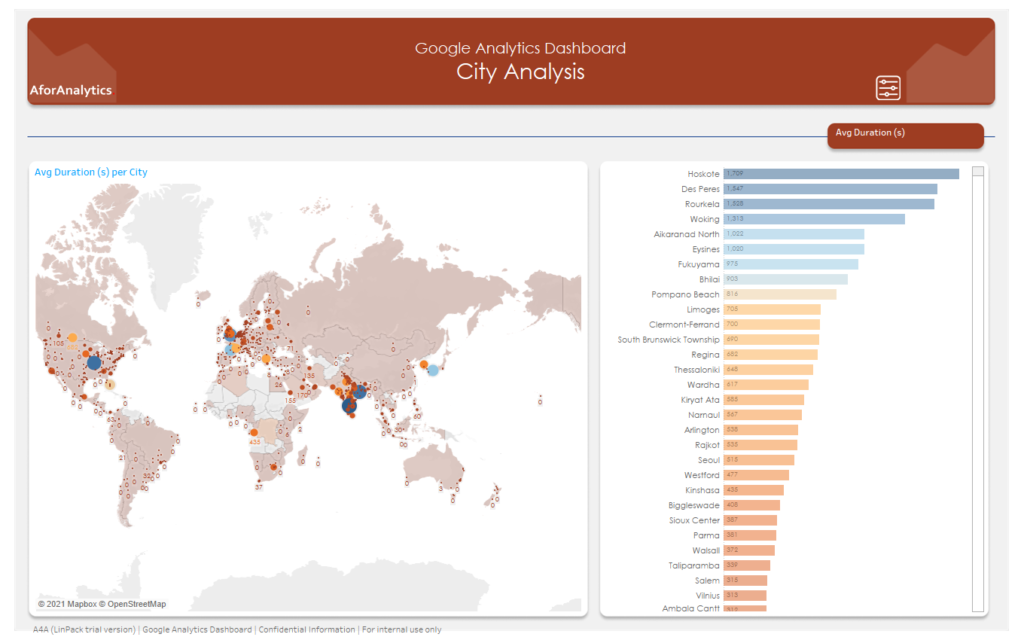
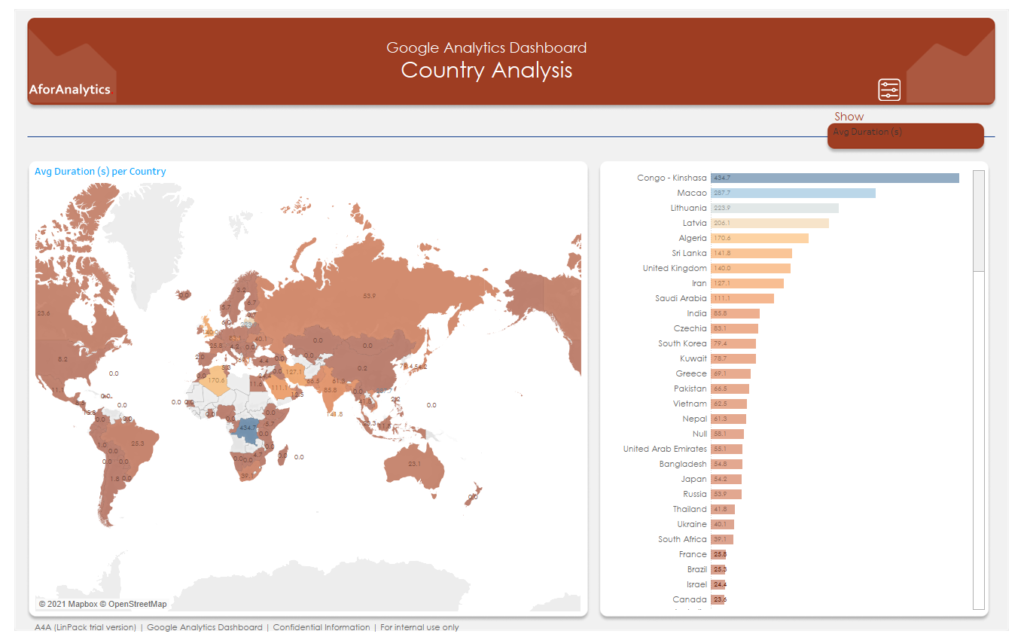
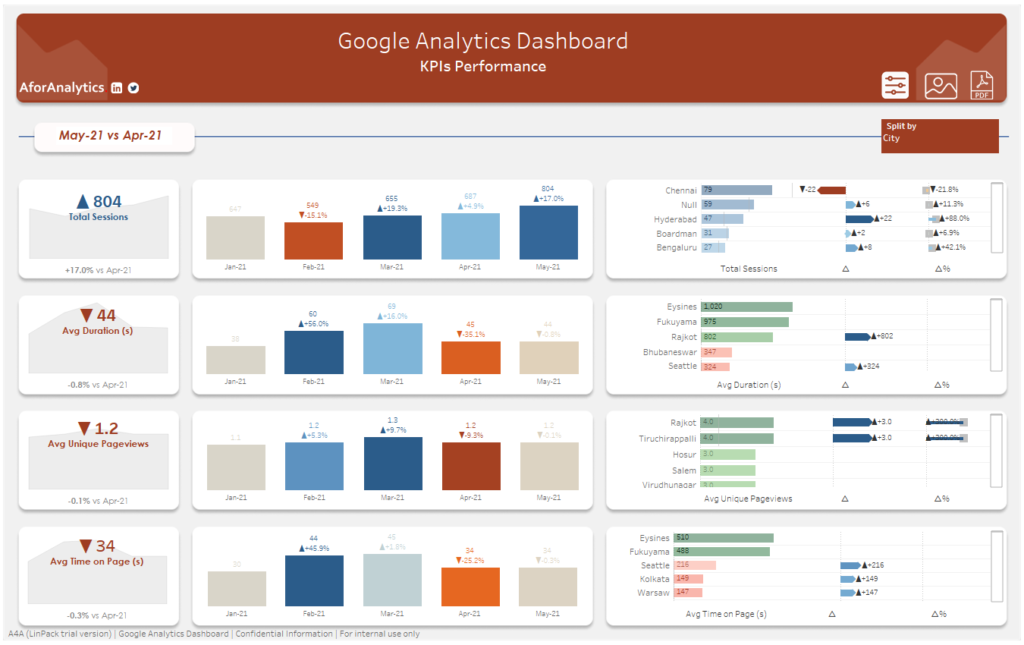
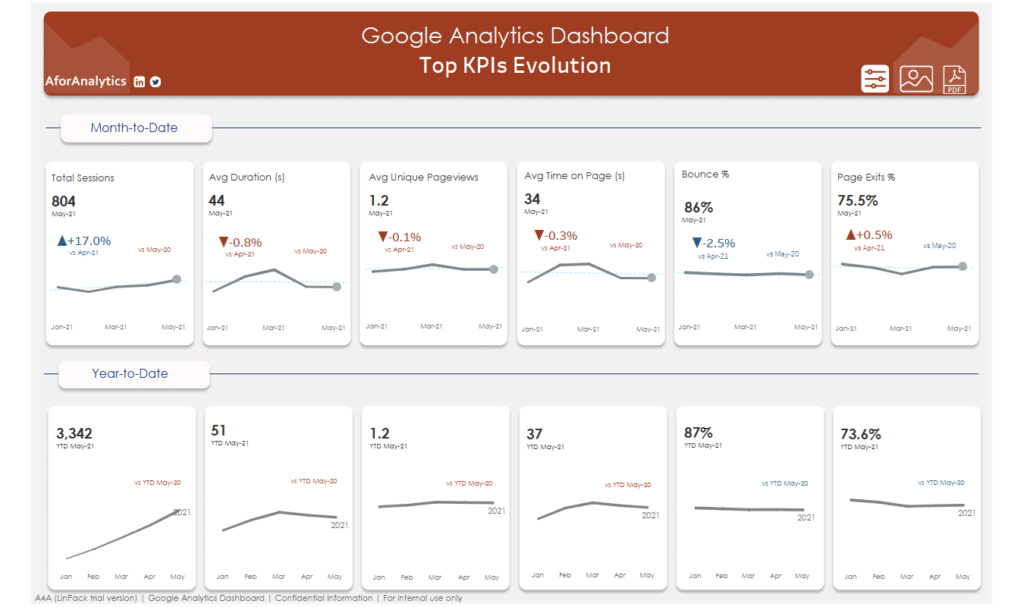
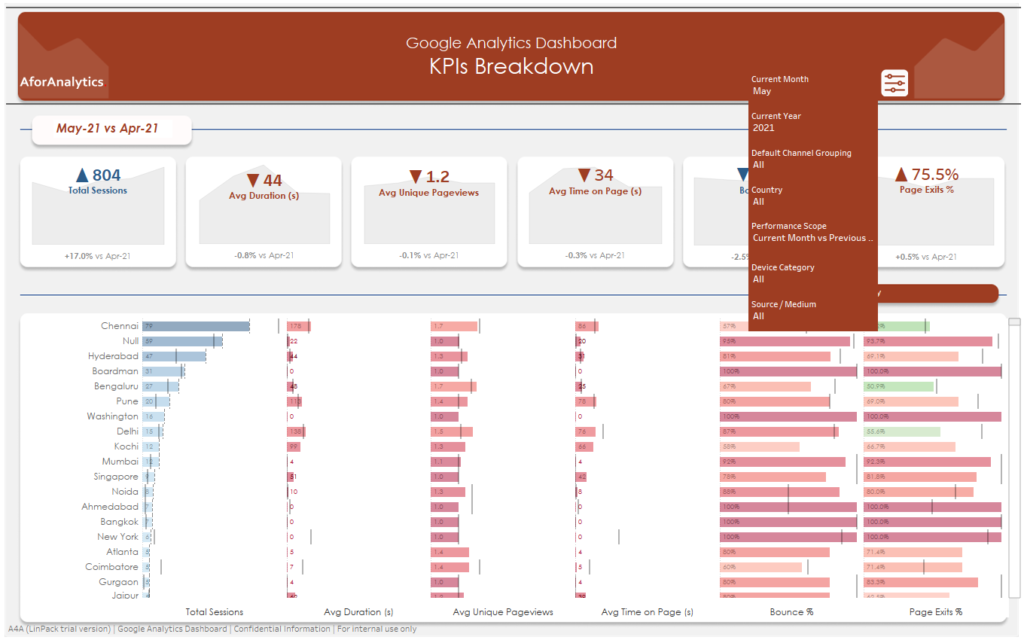
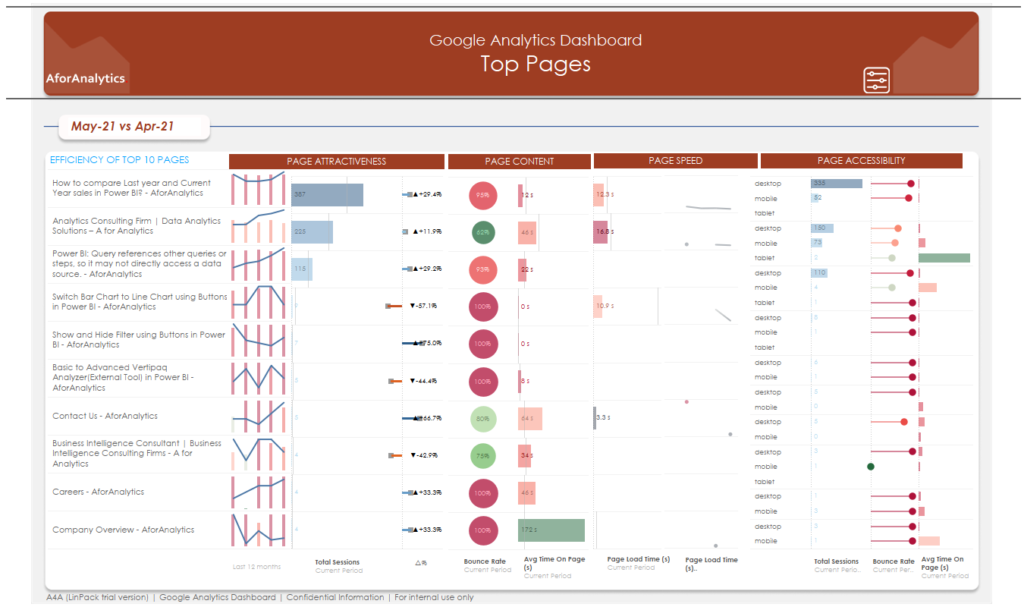
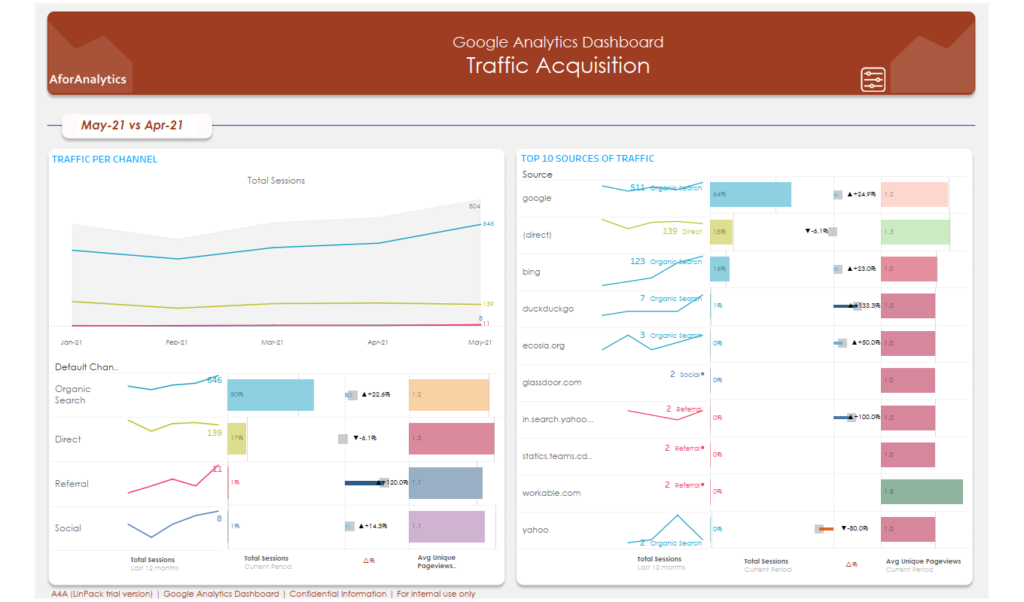
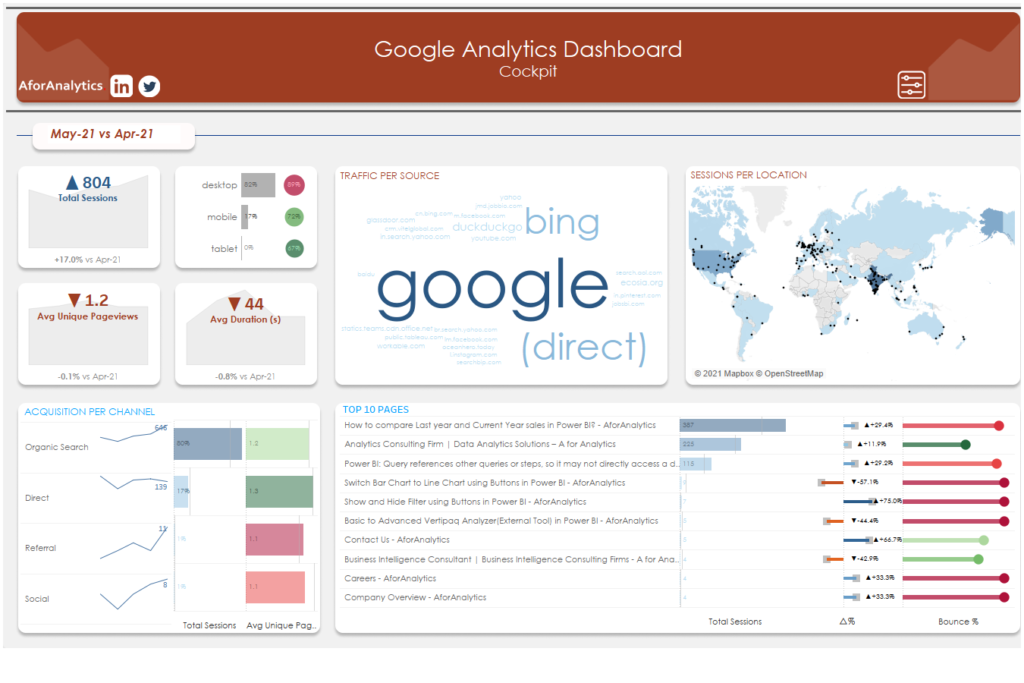
big data course training Institute in Hyderabad. Instaskill offers azure data engineer course in Hyderabad Kondapur online and classroom Training classes by real-time faculty.
Thanks for sharing.